

CUSTOM TRUCKS BUILT
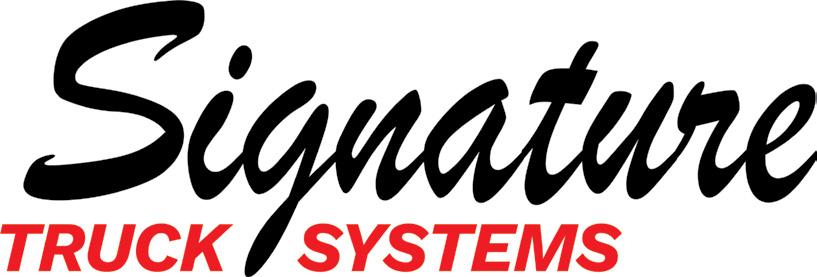

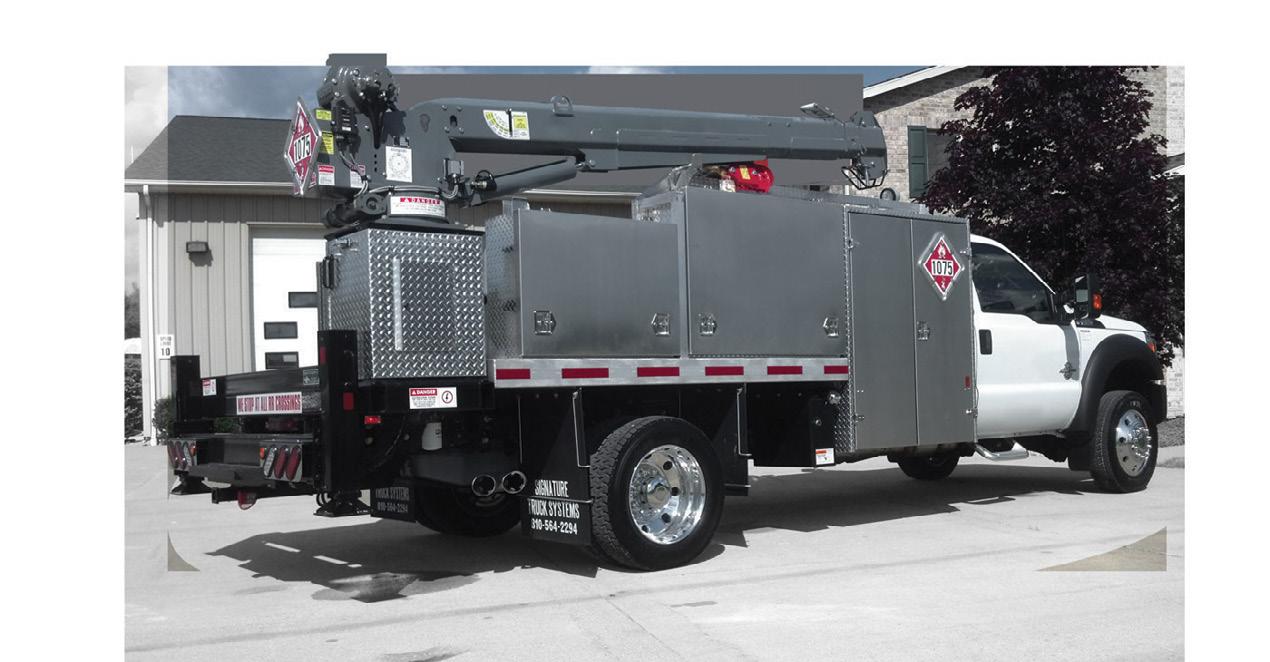
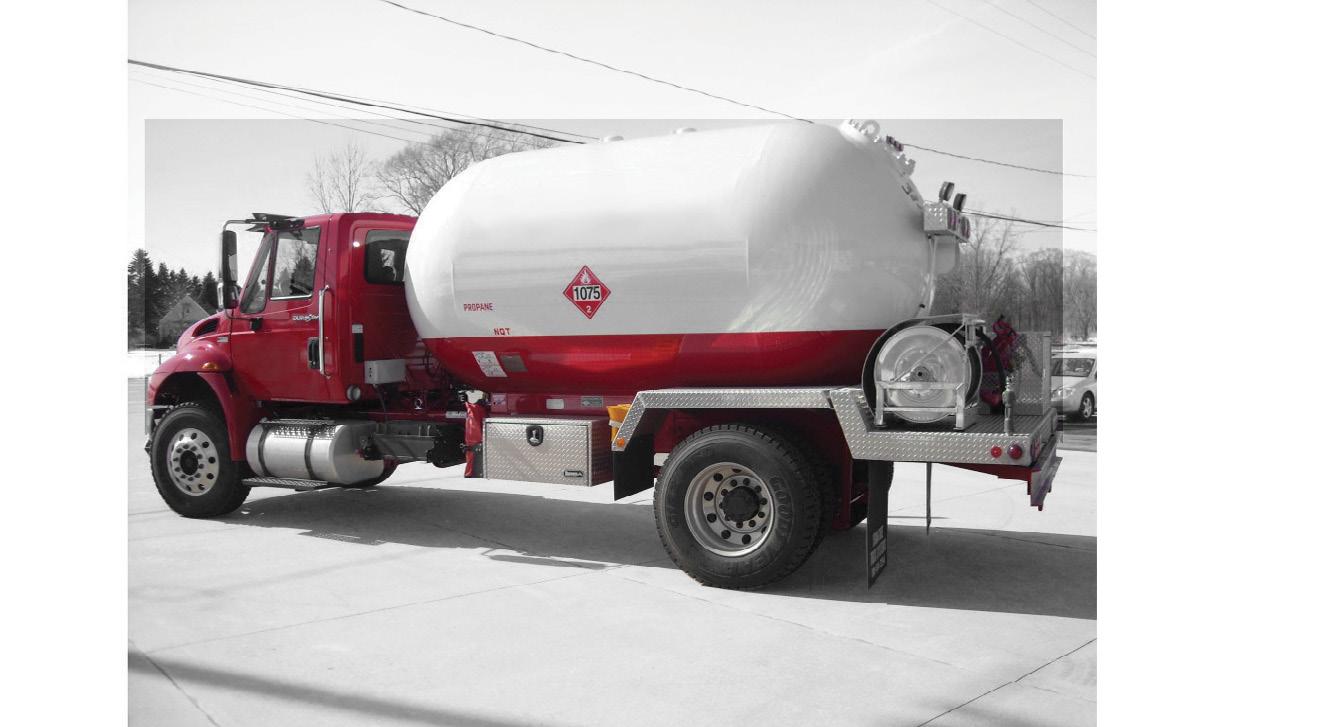



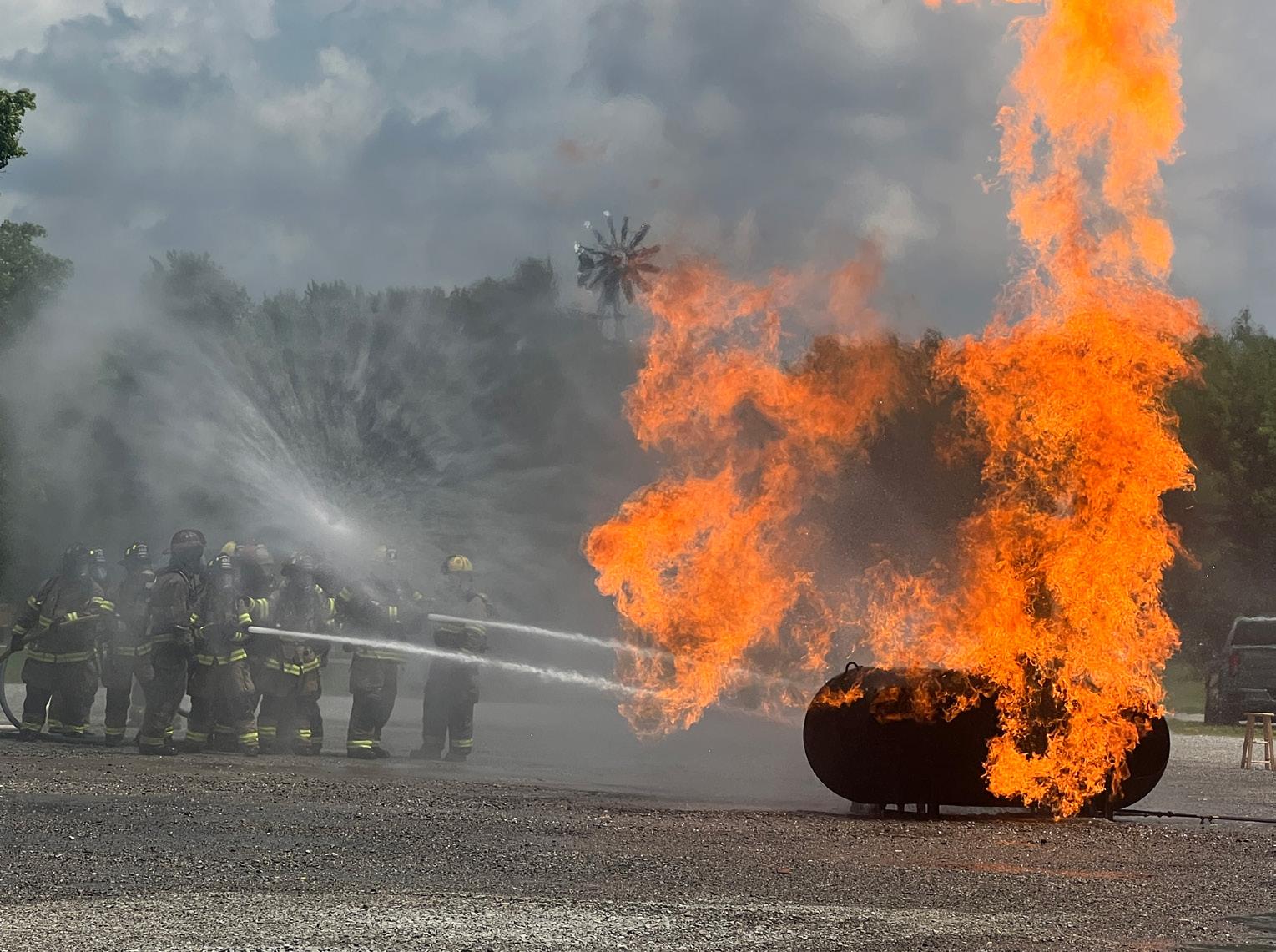
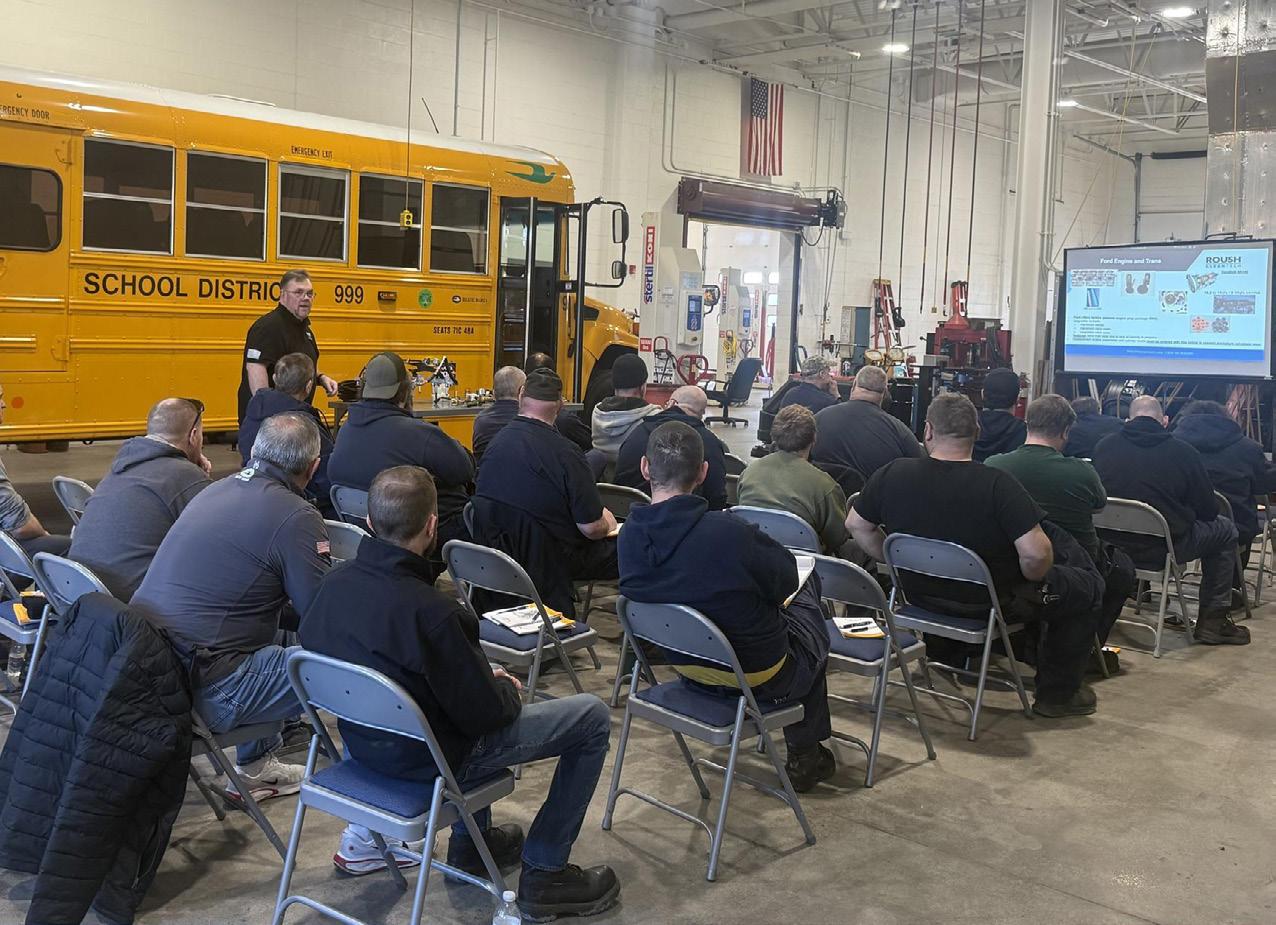

RURAL HARDWARE CHAIN FEATURES OPGA APPLIANCE REBATES
The OPGA is excited to announce that ACE Hardware stores are now featuring the association’s Appliance Rebate on their website. This new partnership makes it even easier for Ohio homeowners to save when upgrading to propane water heaters. as ACE Hardware is a dominant home improvement player in rural Ohio.
For years, OPGA’s Appliance Rebate Program has helped families across the state lower their energy costs while investing in efficient propane-powered water heaters and furnaces. With ACE Hardware joining the list of major retailers highlighting this rebate, customers now have access to rebate details directly where they shop—alongside trusted big box stores, such as Home De-
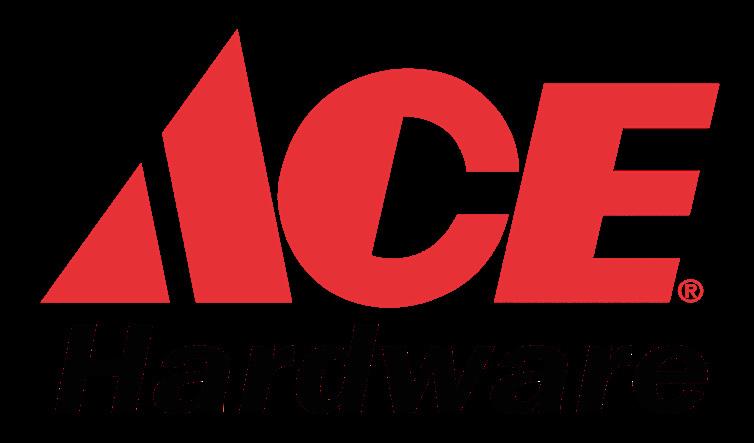
pot, that already feature the rebate program. This expanded visibility means more Ohio households can take advantage of rebates that make propane appliances affordable, efficient, and a wise choice for home comfort.
LEARN MORE ABOUT OPGA'S REBATE PROGRAM AT WWW.OHIOPROPANEREBATES.COM.

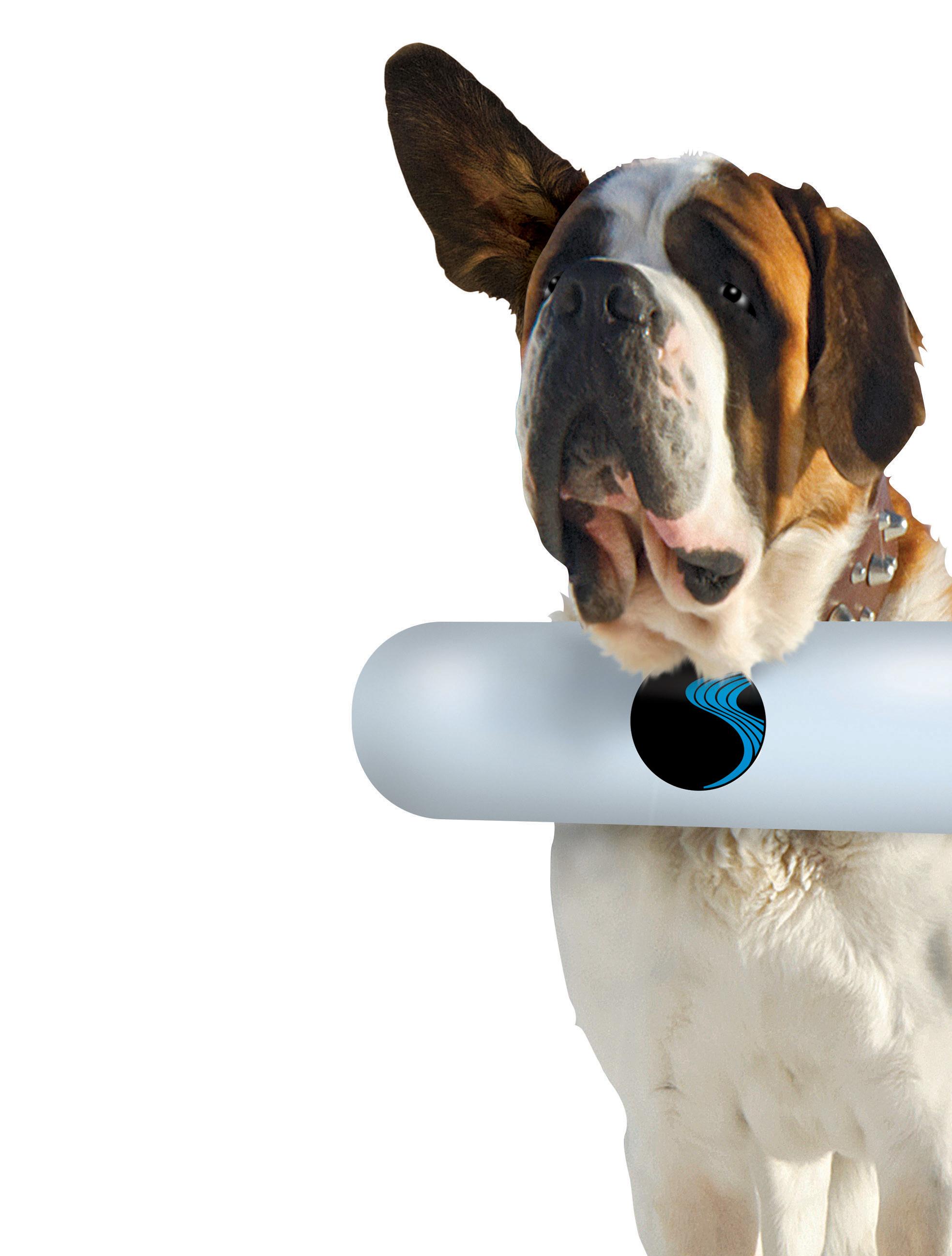
SUPERIOR ENERGY SYSTEMS ADVOCATES FOR ONGOING PROPANE FIRE SAFETY TRAINING
Superior Energy Systems, designer and installer of propane infrastructure, including midstream terminals, bulk and industrial plants and autogas dispensers, advocates ongoing propane fire safety training for fire departments nationwide. Training can typically be coordinated through a fire department’s state propane gas association, often at low or no cost.
In its home state of Ohio, Superior Energy Systems recently participated in propane fire safety training for the Columbia Township Fire Department, conducted on behalf of the Ohio Propane Gas Association by Bob Herron, owner and president of Safety Training and More, LLC. Two separate sessions of training, for first- and second-shift firefighters, outlined through a morning classroom session and an afternoon live-burn the keys to propane fire safety training in the event of a structure fire.
According to Herron, the most crucial step upon arrival at a fire involving a propane tank is to terminate the gas supply. There are specific steps to achieve that, which is incorporated into the training. Another important strategy is to apply water to a propane tank as soon as possible with a fire hose to cool it so it doesn’t overheat and become involved in the fire.
“Education is everything,” said Mike Walters, Superior Energy Systems vice president of safety and fleet. “As an industry, we should partner with the fire service to emphasize the importance
of education and that we are here to help you. We’re willing to teach you about propane and propane systems whether they be residential, commercial or industrial.”
Herron said that funding for the Columbia Township Fire Department training came from multiple sources, including the Propane Education & Research Council, the National Propane Gas Association, and the Ohio Propane Gas Association. This meant that there was no cost to the fire department. The training itself took place at the Columbia Township garage.
“If we train you and you know how to safely manage a fire involving propane, you protect the propane company’s customer and assets, along with the firefighters,” Herron said.
Walters added the ongoing training, perhaps annually, is simply a matter of common sense.
“Having the facts about propane’s behavior and the intricacies of the systems will aid in split-second decision-making on site when lives and property are at stake,” he said.

TO LEARN MORE ABOUT PROPANE FIRE SAFETY TRAINING, REACH OUT TO SUPERIOR ENERGY SYSTEMS THROUGH ITS WEBSITE AT SUPERIORNRG.COM. ARTICLE SUBMITTED BY GREGG VOSS WITH TSN COMMUNICATIONS. HE CAN BE REACHED AT (224) 542-9530 OR GVOSS@ TSNCOMMUNICATIONS.COM.

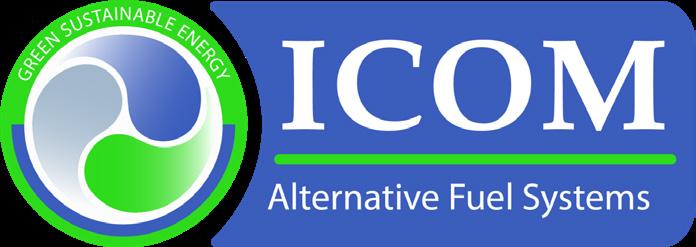
ICOM
NOW
ICOM’S PATENTED BLUE 3.0 PROPANE LIQUID INJECTION SYSTEMS ARE AVAILABLE FOR MANY LIGHT AND MEDIUM DUTY FORD AND GM FLEET VEHICLES
OFFERS REMANUFACTURED ENGINES:

with a competitive 3 year / 100,000 mile Warranty
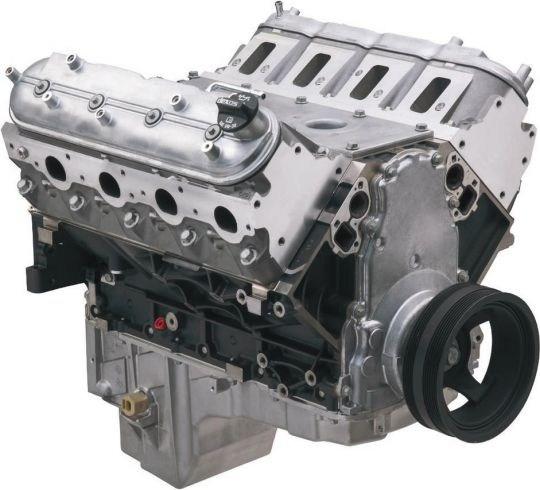
We offer: 6.0L, 6.8L, 7.3L, 8.0L, 8.1L, and 8.8L with more to come
• Service parts and support available for ICOM and many different propane liquid Injection Autogas systems and Engines: OEM Ford, GM and FCCC Systems (8.8L, 8.1L, 8.0L,7.3L, 6.8L, 6.0L, and 5.4L)
• S2G / C2 BUS / IC BUS
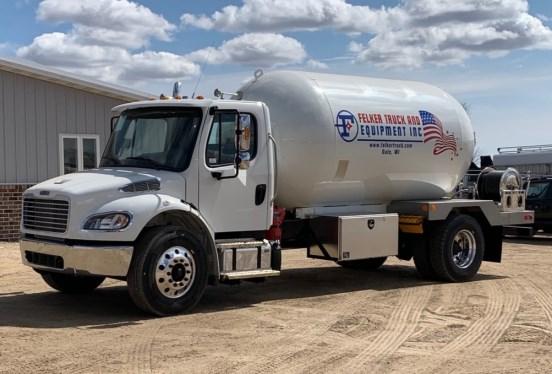
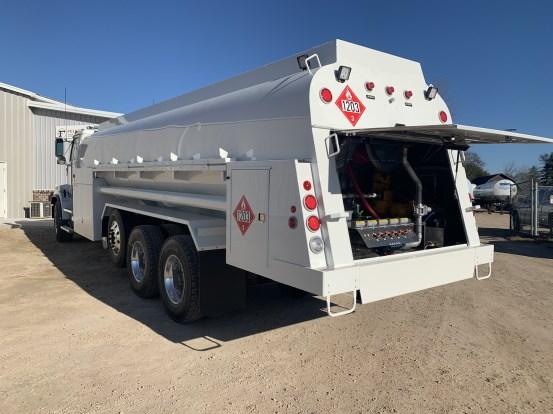
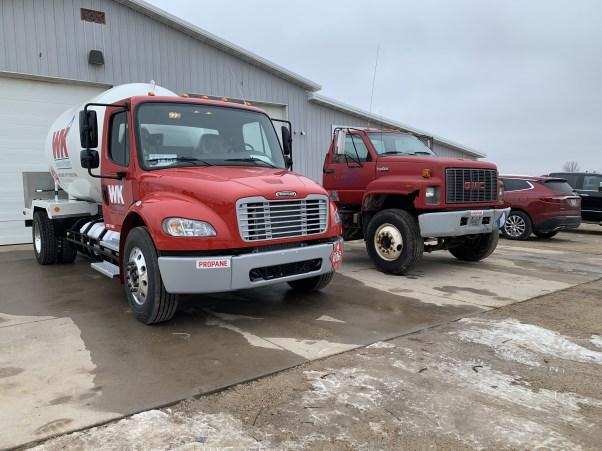
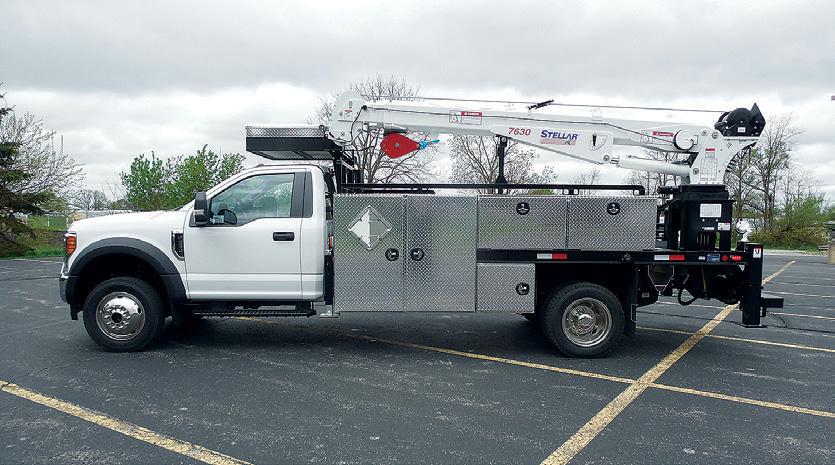

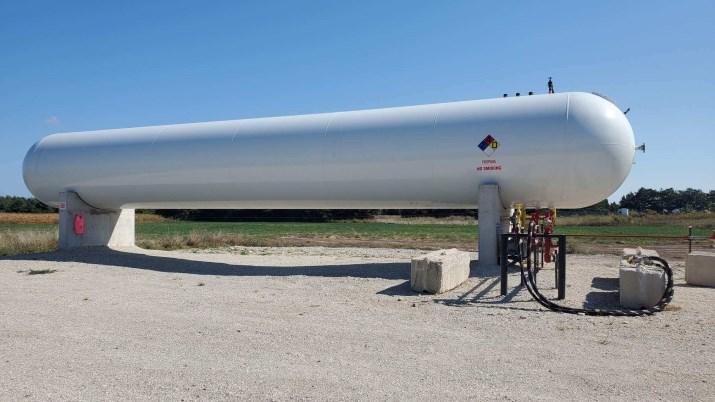
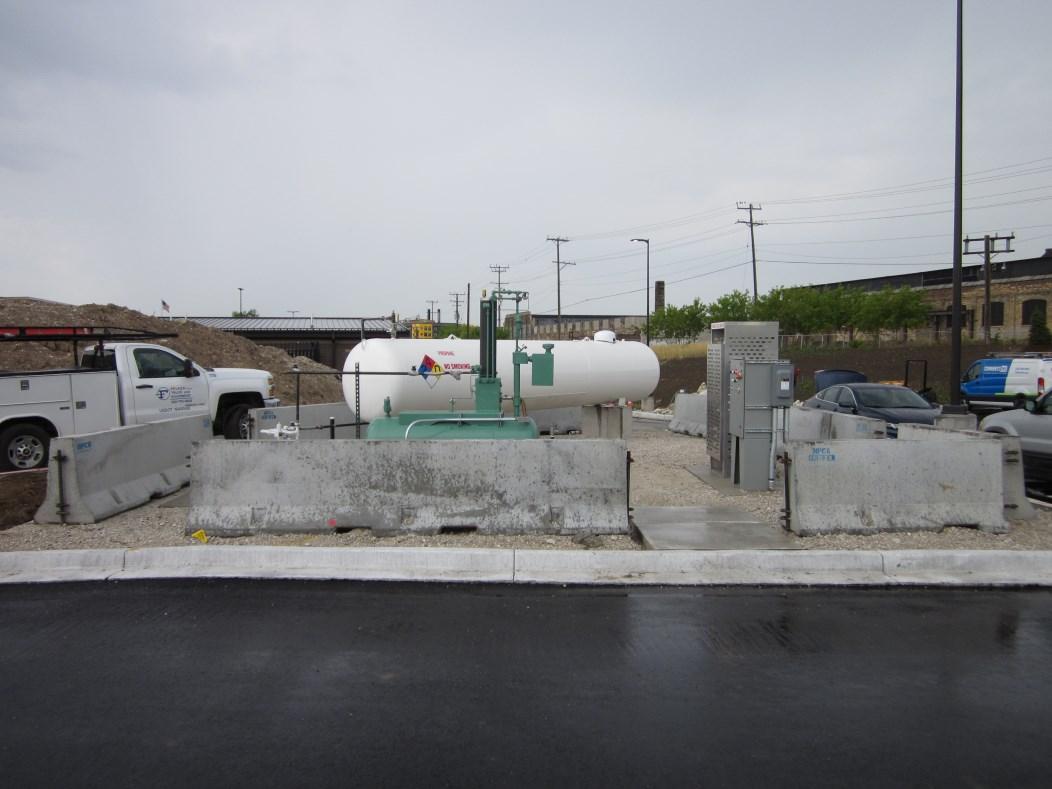
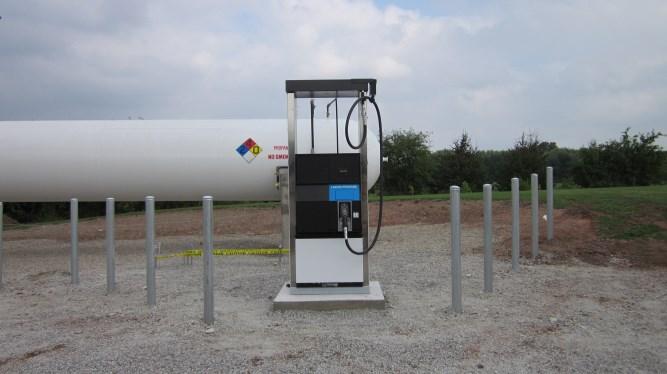


H&H can meet all of your gas handling needs. We build our gas handling equipment knowing you need and expect quality and performance. H&H builds it all in. You’ll reduce labor, increase safety, and save time and money.
Truck Bodies — We design our truck bodies with your field service work in mind. Transport, service or deliver cylinders and other awkward loads anywhere. Large or small, custom or standard, steel or aluminum. H&H offers a large choice of options, including inbed lift platforms, electric or hydraulic cranes, grated or diamond plated flooring, and more.
Trailers — Our SmoothRiderTM bulk tank trailers are built to make moving tanks a breeze. They cushion the load with rubber torsion axles. One person can operate these trailers with your choice of
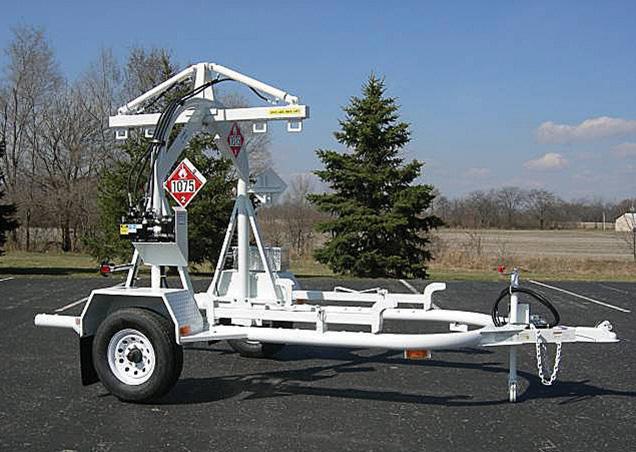
Tank storage cabinets — Our rugged CylinderStor cabinets are
for secure outside storage of cylinders, giving you better inventory control and bigger profits. Single & doublesection models are furnished with keyed padlocks, tamperproof padlock hasps, reinforced back panels, and boltdown features for complete security and safety.

OPGA AND OHIO DEPARTMENT OF COMMERCE
COLLABORATE ON PUBLIC RESPONSE PLAN FOR PROPANE INCIDENTS
OPGA working with the Public Information Officer (PIO) of the Ohio Department of Commerce, has developed a recommended public response plan to guide state officials and propane industry members when propane incidents occur. This collaboration ensures that Ohio communities receive accurate, timely, and consistent information while giving investigators the space they need to do their jobs.
At the center of this approach is the Propane Incident Cycle of Events, a structured process designed to balance transparency with investigative integrity. The cycle provides a clear roadmap: incidents are reported, investigations are conducted, findings are reviewed, and only then is a coordinated public statement released. This deliberate sequence ensures that Ohio State Fire Marshal inspectors and local police fire investigators can complete their work before speculation or premature conclusions reach the public.
A COORDINATED PROCESS FOR SAFETY AND COMMUNICATION
When a propane incident occurs, OPGA’s marketing team is alerted and immediately notifies association leadership, including the executive director, president, vice president, and safety committees. The Department of Commerce’s PIO will manage media inquiries while the Ohio Fire Marshal’s Office is completing its investigation.
Once investigators have concluded their review, the PIO delivers clear information to the news media, ensuring the public receives accurate updates based on verified facts.
MESSAGING FOR PROPANE MARKETERS AND FIRST RESPONDERS
To maintain consistency, OPGA encourages Ohio propane retailers to refer all news media inquiries to OPGA’s public education manager, Joe Ross, at 517-281-3069. This ensures that families, businesses, and communities hear one unified message.

WHY THE CYCLE MATTERS
The Propane Incident Cycle of Events is more than a communication framework—it is a safeguard. By respecting the investigative process, Ohio avoids the confusion and misinformation that often follow high-profile emergencies. Instead, communities receive timely facts once investigators and inspectors have finished their work.
Propane is a vital energy source for more than 11.9 million households nationwide, including thousands in Ohio. The public deserves confidence that when they do occur, state and industry leaders respond with professionalism and clarity.
A MODEL FOR TRANSPARENCY AND TRUST
The OPGA and Department of Commerce partnership demonstrates how industry associations and state agencies work together to protect both public safety and public trust. By following the Propane Incident Cycle of Events, Ohio ensures that emergency responders, investigators, and the media operate in alignment—delivering facts, reducing confusion, and reinforcing the state’s commitment to propane safety.
IN THE EVENT OF A PROPANE EMERGENCY INCIDENT, THE OPGA ENCOURAGES PROPANE RETAILERS TO REFER NEWS MEDIA INQUIRIES TO THE ASSOCIATION’S PUBLIC EDUCATION MANAGER, JOE ROSS, AT 517-281-306.
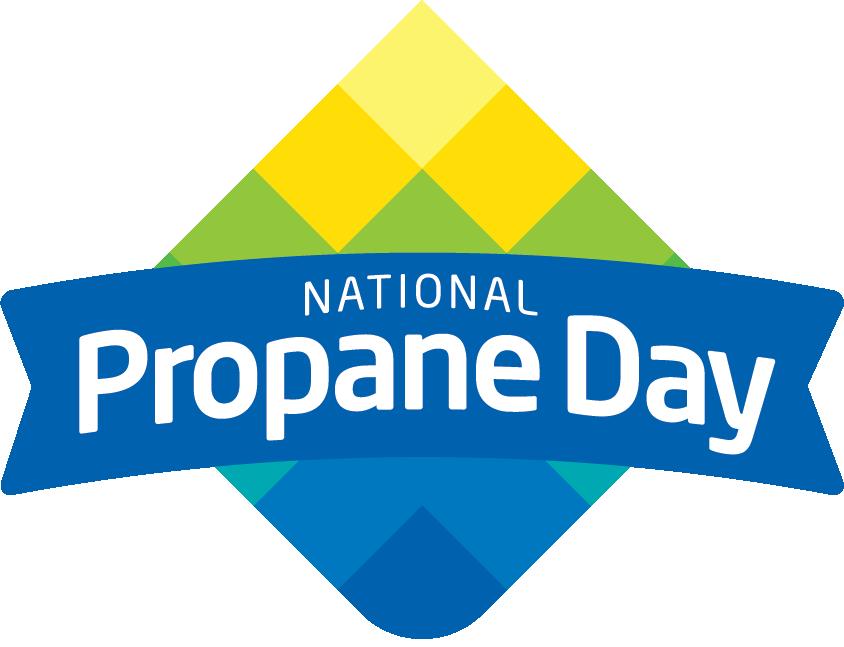
NATIONAL PROPANE DAY IS JUST AROUND THE CORNER
Get “prepared” for National Propane Day on October 7th! This year, the theme for National Propane Day is Prepare with Propane
Propane helps families, farmers, business owners, and communities prepare for severe weather by providing reliable, resilient power that won’t be disrupted by natural disasters. Propane also helps people across America prepare for holiday gatherings and
hosting friends and family by powering energy-efficient appliances throughout the home.
Fox & Friends: On October 5, PERC will be celebrating propane with a live segment on Fox & Friends. Mark your calendar to tune in to Fox & Friends and Fox Weather on Sunday, October 5th (time to be announced).

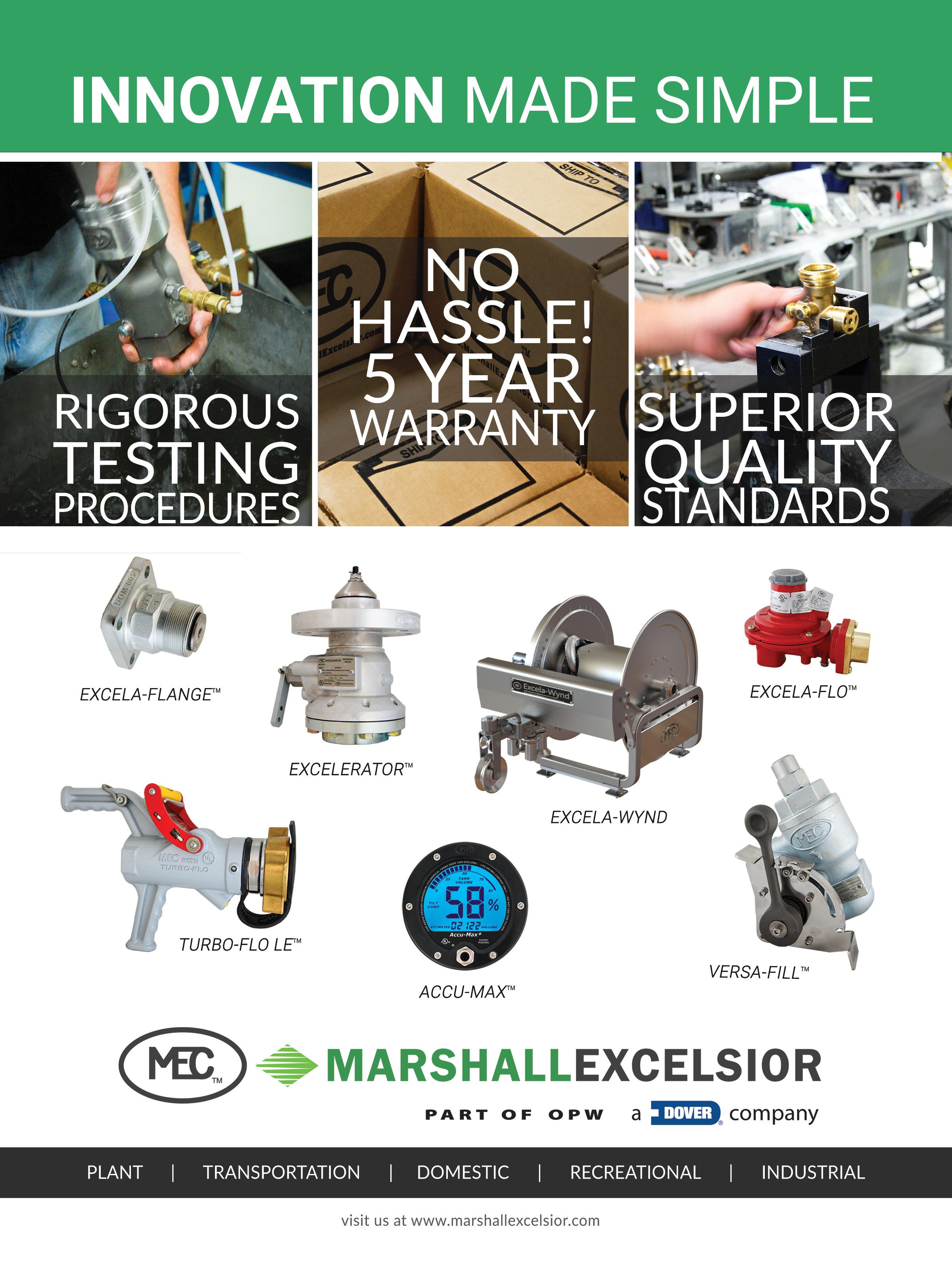

FMCSA PILOT PROGRAM: PAUSING ON DUTY TIME
The NPGA continues to work hard on the potential for a propane industry hours of service solution. Ben Nussdorf, NPGA’s General Counsel, informed the OPGA about a FMCSA pilot program regarding hours of service for commercial drivers: I wanted to alert you to a pilot program being launched by FMCSA allowing for the pausing of the on-duty period for hours of service of drivers. They are looking for 256 drivers to see if a pause of up to three hours would have an impact on safety. Drivers could consider idle time up to three hours waiting for product pickup as off-duty, allowing them more time for actual driving. This proposal would address some of the concerns brought to my attention about idle time not counting towards the 14 hour on duty time when we were discussing the hours of service waiver.
Please take a look at the notice, available at: 2025-17938. pdf and let me know if you would like to get your drivers signed up. NPGA would be happy to help assist.
If you are interested, I think it is critical we get as many drivers signed up as possible, because other FMCSA pilot projects have struggled when they did not get a critical mass of participants to make a determination about equivalent levels of safety. I am happy to discuss this further if it is of interest to you, thank you.
FOR MORE INFORMATION, CONTACT BEN NUSSDORF AT BNUSSDORF@ NPGA.ORG.

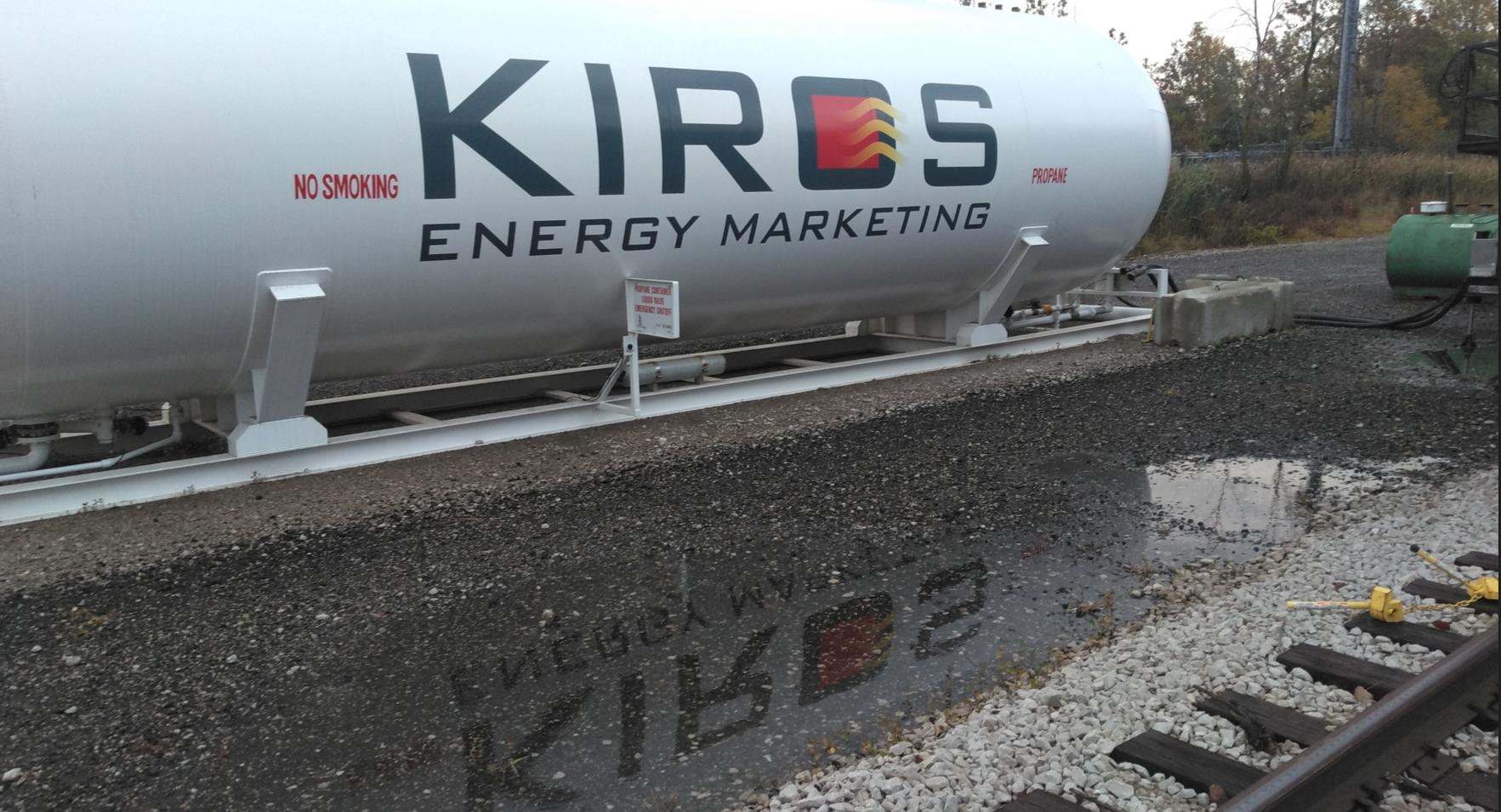
BECOME A PROPANE ADVISOR FOR YOUR LOCAL COMMUNITY COLLEGE/TECHNICAL SCHOOL
PERC is offering up to $10,000 to educational institutions in the United States that are willing and able to expand their HVAC or plumbing class lab and curriculum to include propane specific material and hands on resources.
Each awarded school must appoint a Propane Advisor. The Advisor’s role is to not only make sure the appliances and equipment are installed correctly, but also to build a relationship with the school and the next generation of working professionals. Advisors can offer their unique perspectives to help educate students about propane applications and the career opportunities that propane can offer.
Reach out to the local schools in your area that you think would benefit from implementing a propane specific program and encourage them to apply! Become their Propane Advisor to ensure
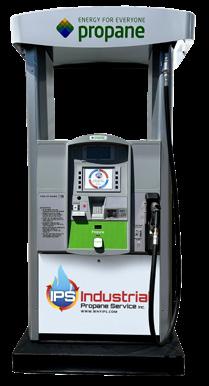
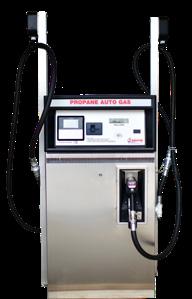

a successful implementation and continuation of the curriculum and equipment.
FOR MORE INFORMATION ON THE REQUIREMENTS OF BEING A PROPANE ADVISOR, EXPLORE THE PARTICIPANT COMMITMENT TAB ON THE TECHNICAL SCHOOL GRANT PROGRAM PAGE.
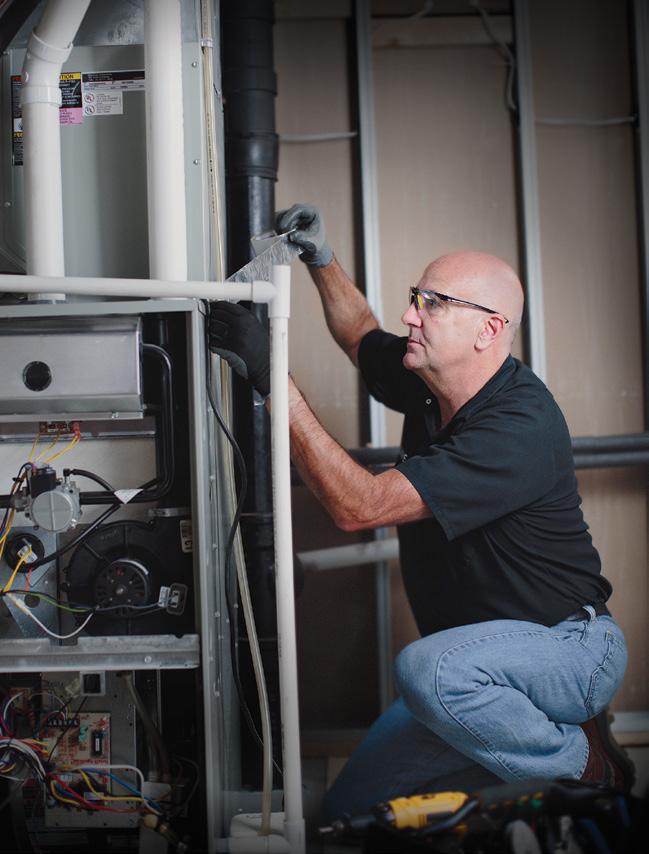





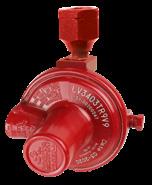

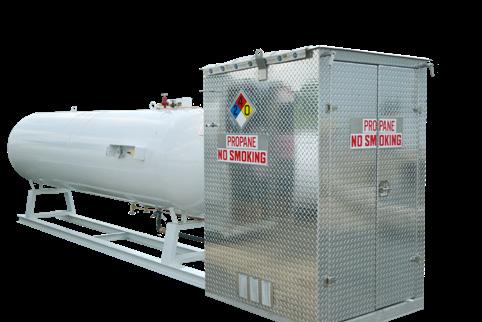



DONATE TO THE OHIO PROPANE PAC
The OPGA is battling to maintain propane use throughout Ohio. Please make a donation to the Ohio Propane PAC today and encourage your employees to make donations as well. Our entire industry is being threatened, and we need our entire industry to help and contribute.
OHIO PROPANE JOBS: CONNECTING TALENT TO PROPANE CAREERS!
The Ohio Propane Jobs program connects thousands of job seekers—from both inside Ohio and neighboring states—with rewarding careers in the propane industry. Whether you’re a seasoned CDL driver, a skilled technician, or someone looking to start a stable career in energy, propane offers pathways that combine job security, good pay, and long-term growth.
The program’s website, OhioPropaneCareers.com, serves as the central hub for these opportunities. Job seekers can browse open positions in propane delivery, service, installation, and customer support—all roles that keep Ohio’s homes warm, businesses running, and fleets moving.
The OPGA campaign also has an outreach program where propane managers guest lecture at Ohio’s CDL schools and Colleges with HVAC classes. Over 20 colleges have invited OPGA members into their classes.
“When they hear about the propane lifestyle, these students lean
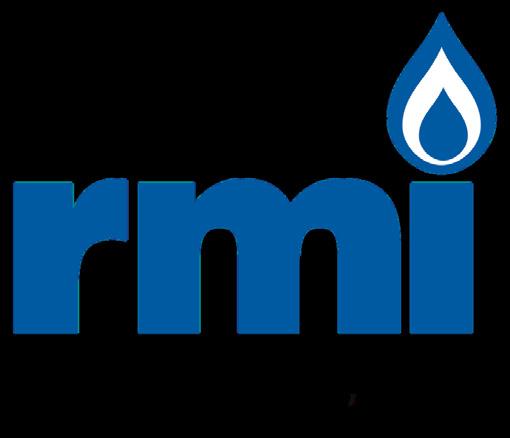
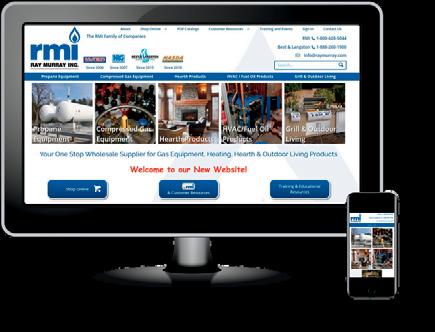

“When they hear about the propane lifestyle, these students lean into these OPGA class lectures, said Stephanie Davis, of DHT Trucking and President of the OPGA. These students love how the industry offers so many career choices.”


into these OPGA class lectures, said Stephanie Davis, of DHT Trucking and President of the OPGA. These students love how the industry offers so many career choices.”
Hands-on training, industry certifications, and advancement potential get career seekers’ attention.
What makes the Ohio Propane Jobs program stand out is its accessibility. With demand high across the state, thousands of applicants are exploring propane careers, bringing fresh talent from Ohio and neighboring states. Thousands of out-of-state job seekers visiting the OPGA job website highlight the strength of Ohio’s propane industry and its role in keeping communities safe, reliable, and energy-ready.
For propane retailers, this OPGA jobs campaign offers a unique advantage. Ohio propane retailers can list their job openings on the site for free. This resource enables local propane businesses to reach a broader audience of qualified candidates without incurring additional recruiting expenses. By using the platform, Ohio propane retailers can fill positions faster while also showcasing their company to individuals who are ready to relocate or begin careers in the energy sector.
The need for skilled propane professionals continues to grow. As Ohio families and businesses depend on propane for heating, transportation, and commercial use, having a strong workforce ensures safe and reliable service statewide. Through the Ohio Propane Jobs program, the industry is investing in its future workforce while giving job seekers the chance to enter a field that is both stable and essential.
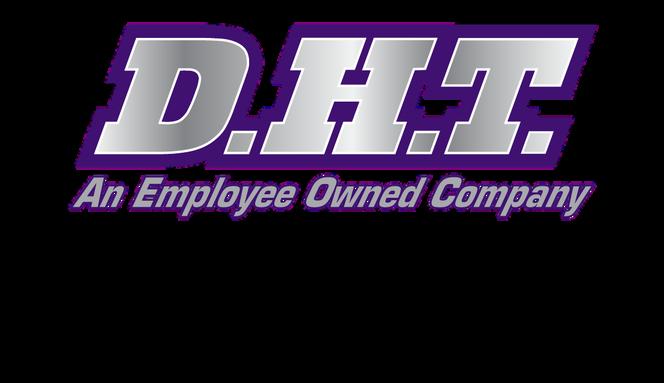
Reese, Michigan
Newport, Michigan
Port Huron, Michigan
Bellefontaine, Ohio
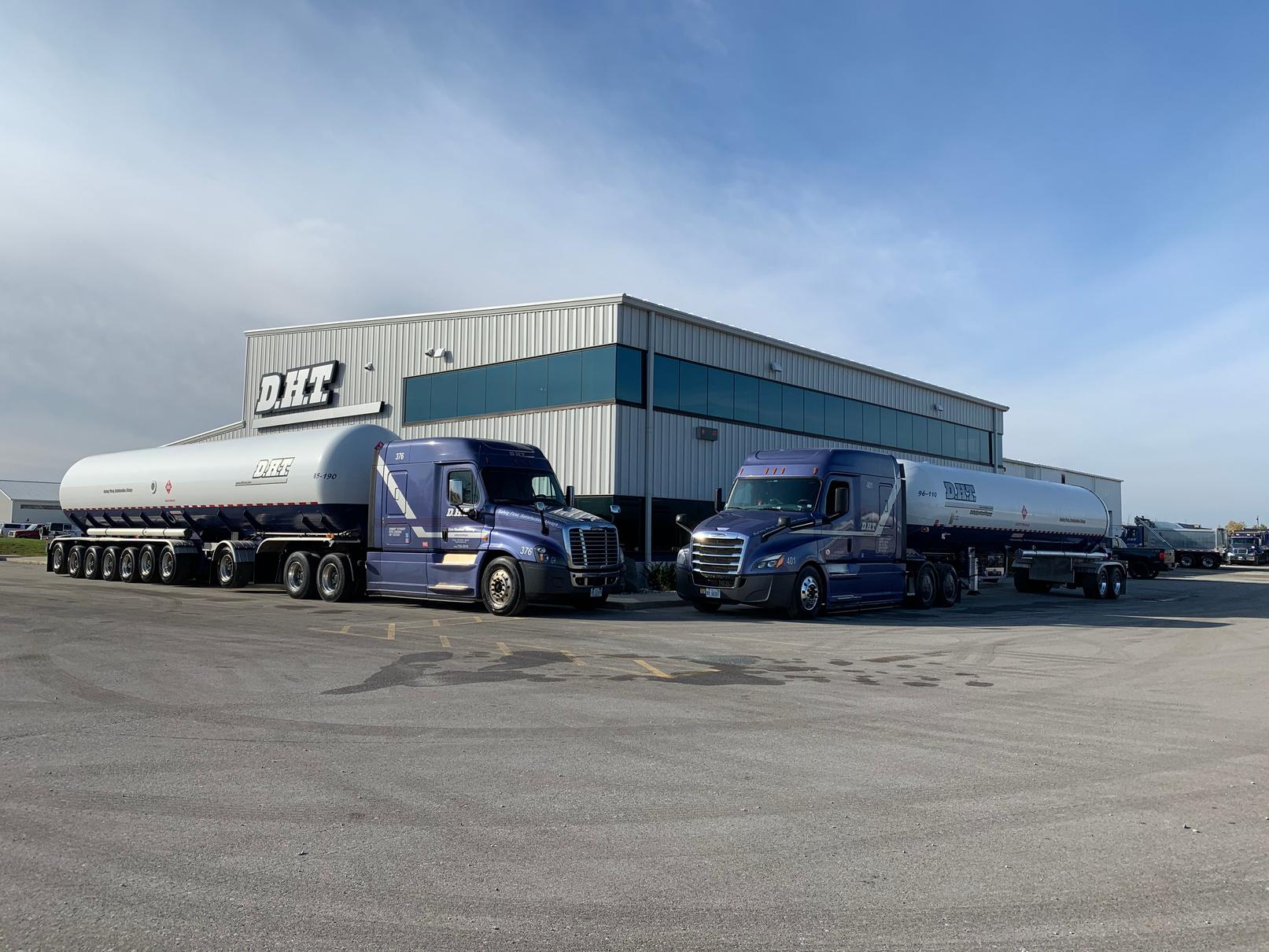
D.H.T. Group is a reliable and experienced transportation company that specializes in propane but has other divisions ready to meet of all your needs.
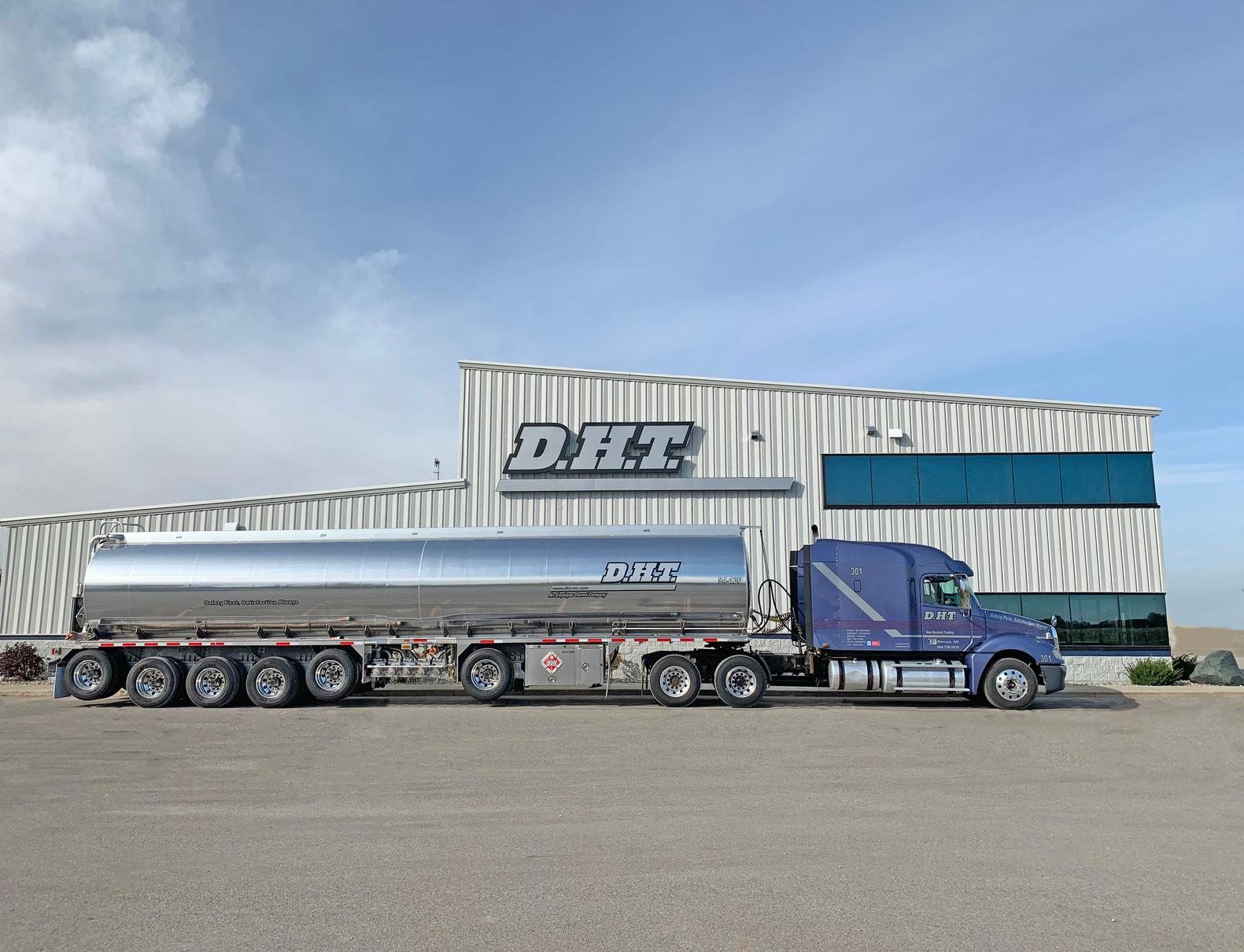
RELIABILITY AND EXPERIENCE
D.H.T. has been ensuring safety and satisfaction for over 35 years. D.H.T. also operates a 24-hour full service repair facility.
CAPABILITIES
We utilize vessels from 9,000 to 18,500 gallon capacity All units are tracked by GPS so we can provide immediate location and delivery updates, as well as 24-hour dispatch.
BRANDON HAWKE PROPANE HERO TO OHIO CDL STUDENTS
On July 10, Brandon Hawke, Logistics Division Manager at Dave Hausbeck Trucking Inc. (DHT), explained firsthand what it’s like to build a career in propane delivery. Brandon shared how propane drivers play an important role in keeping Ohio’s homes, farms, and small businesses running, especially in rural areas. He spoke about his own journey in the industry and how working in propane can offer steady, local work while allowing drivers to serve their communities each day.
Students learned about the variety of opportunities within propane delivery, including local routes delivering directly to homes and longer-distance transport runs to supply bulk storage facilities. Brandon explained that propane driving offers a balance of independence and teamwork, and that hands-on work can be a fulfilling part of the job for many drivers.
He also covered what new drivers can expect during training,
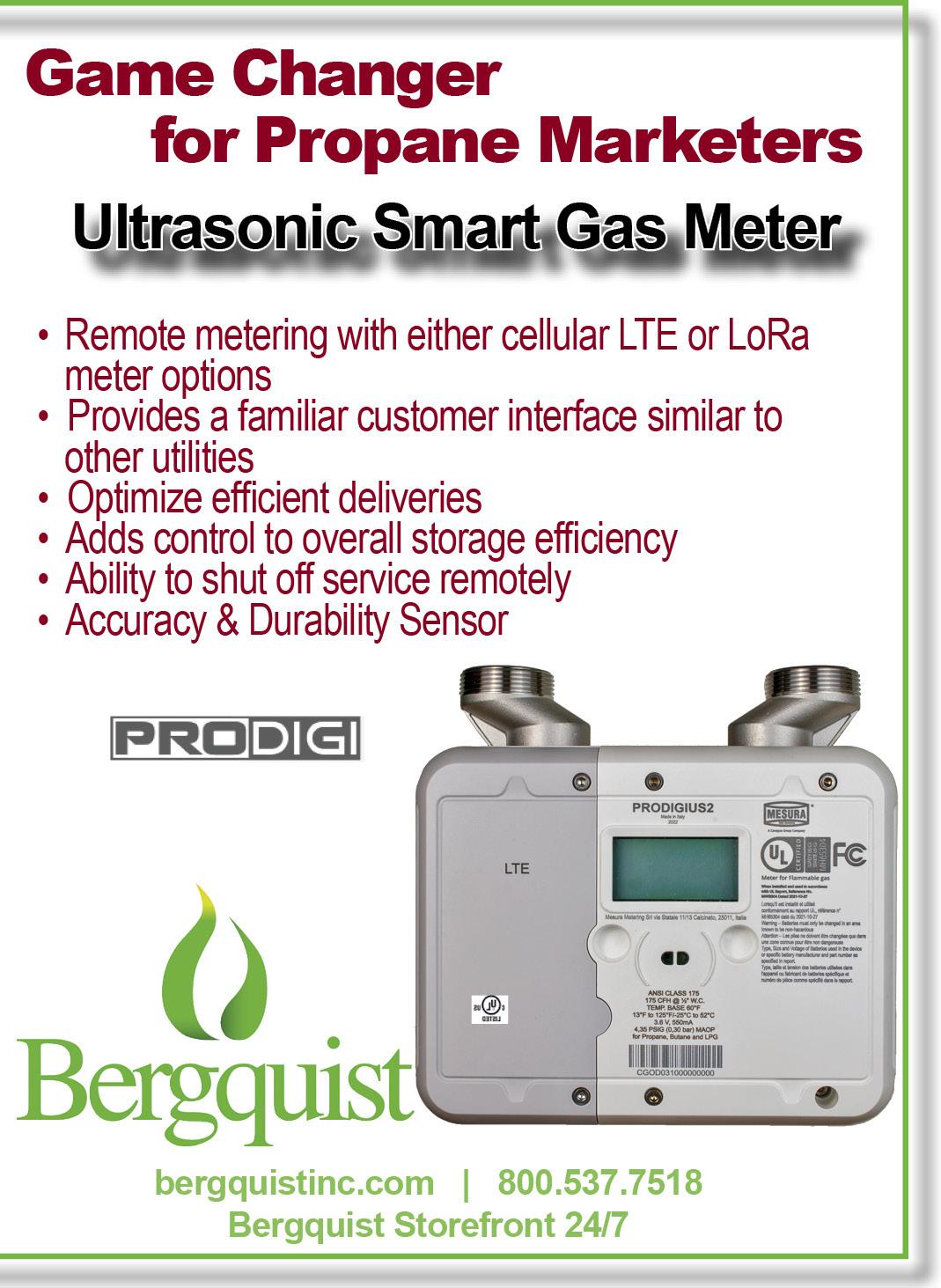
including on-the-job learning with experienced team members and a supportive environment that fosters the confidence to build skills. Brandon discussed the straightforward hiring process and company policies, helping students understand the practical steps toward starting their careers.

After conducting several classroom Zoom lectures for CDL students, Brandon Hawke is motivating people to explore careers in propane.
Students were encouraged to explore open propane CDL positions across Ohio at OhioPropaneCareers. com, where opportunities are available for transport drivers, bobtail drivers, and service technicians with propane companies throughout the state.
The Ohio Propane Gas Association thanks Brandon and DHT. These career talks feature members of the OPGA marketing team, who cover all the positions students can pursue in the propane industry.
DOES YOUR COMPANY HAVE AN EXPERIENCED PROPANE LEADER WHO WOULD LIKE TO BE ON A ZOOM CALL WITH CDL OR VOCTECH STUDENTS? CONTACT THE OPGA MARKETING TEAM AT CR@CRMARKETING. BIZ
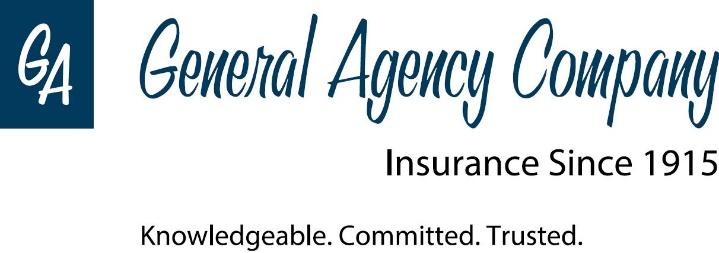
General Agency Company
OPGA Endorsed Insurance Agency
“Our relationship with General Agency dates back more than 30 years and 2 generations. There is something about local, family-owned, and operated companies working with each other. From simple insurance questions to more sophisticated employee benefit advice, we rest assured GA has our back. Their involvement and commitment to the MPA speaks volumes. Knowing that a percentage of every dollar we spend goes directly to the association gives us confirmation we are working with the right people. Their diverse set of services also makes it a one stop shop for all our insurance, employee benefit and HR needs. Having these subject matter experts on our side has been a huge part of our success over the years especially through these current times. It is truly a pleasure being a customer of such a great company, and it keeps getting better year after year. Thank you, Nate, and the entire GA team!” – Mike Coyne, Coyne Oil

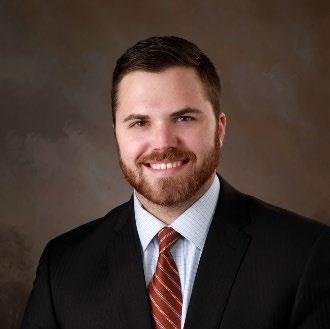
LIFE INSURANCE IS A POWERFUL TOOL FOR PROTECTING YOUR FAMILY’S FUTURE
September is National Life Insurance Awareness Month, and this is a great reminder of just how powerful a tool life insurance can be for your family and your business.
“Life insurance can provide peace of mind as well as financial security during major changes in a family’s life,” said OPGA member and financial advisor Greg Hardy with Beyond Financial Planning. “Whether you’re just starting a family, caring for aging parents, or planning for retirement, life insurance can help provide options and protect the people who matter the most to you.”
The Ohio Department of Insurance offers free resources and consumer protection tools, including:
• Tips on Buying Life Insurance: There are simple steps consumers may take to shop safely and confidently:
• Research and educate yourself on life insurance and pre-
pare any questions you may have for an insurance agent.
• Choose an insurance agent and company you feel confident in to meet your life insurance needs.
• Work with your insurance agent or company to determine the best type of life insurance policy and coverage amount for your needs and budget.
• Review your insurance application for accuracy, make an informed decision, and only purchase life insurance if you intend to commit to the duration of the policy.
How to Locate a Missing Life Insurance Policy: Tips and resources if you suspect a life insurance policy exists but cannot locate it.
OPGA MEMBERS WITH QUESTIONS OR CONCERNS ABOUT LIFE INSURANCE ARE ENCOURAGED TO CONTACT GREG HARDY AT BEYOND FINANCIAL PLANNING. YOU CAN CALL HIM AT (269) 492-6984 OR EMAIL HIM AT GHARDY@BEYOND-FP.COM
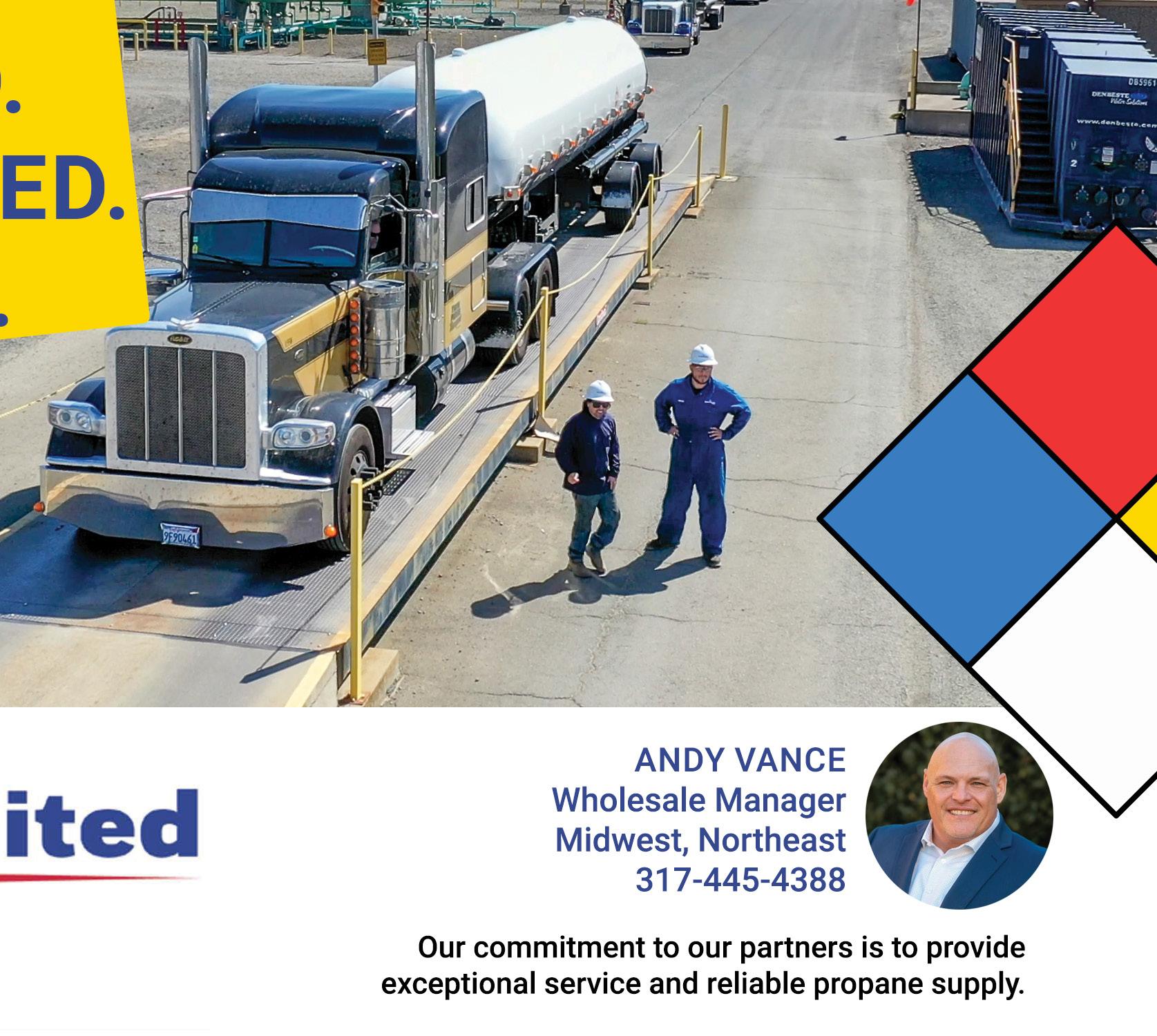
ANDY VANCE Wholesale Manager Midwest, Northeast

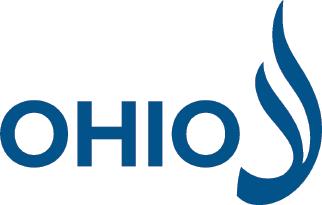

APPROVED BENEFIT


















































































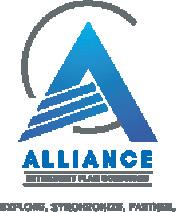


































HELP THE NEXT GENERATION LEARN HOW TO WORK ON YOUR CUSTOMERS’ AUTOGAS FLEETS
PERC has created a curriculum, Propane Autogas Vehicle Inspection: Introduction for Automobile Service Technicians, for automotive classes to adopt through the Propane Autogas Vehicle Inspection Grant Program. After completing this curriculum, students will leave with a basic understanding of propane autogas components, systems, and operations, taking that knowledge with them into their career- either at a service center or possibly into the propane industry! There are over 600 service centers already working on autogas vehicles in the country. Together, we can continue to increase that number.
Each awarded school must appoint a Propane Advisor. This is a great opportunity for you to create a new relationship with the future workforce that will be working with your customers on their fleets, helping your company become more visible in the community, and to have a greater voice for the safe use of propane. Take a look at our map to see if there is a service center in your area.
This is a great opportunity for you to create a new relationship with the future workforce that will be working with your customers on their fleets, helping your company become more visible in the community, and to have a greater voice for the safe use of propane.
Bring this funding opportunity to your local school to help their students graduate with knowledge and experience on autogas engines. Check out the brochure and program details on https:// propane.com/autogasgrantprogram. Applications close December 19, 2025.
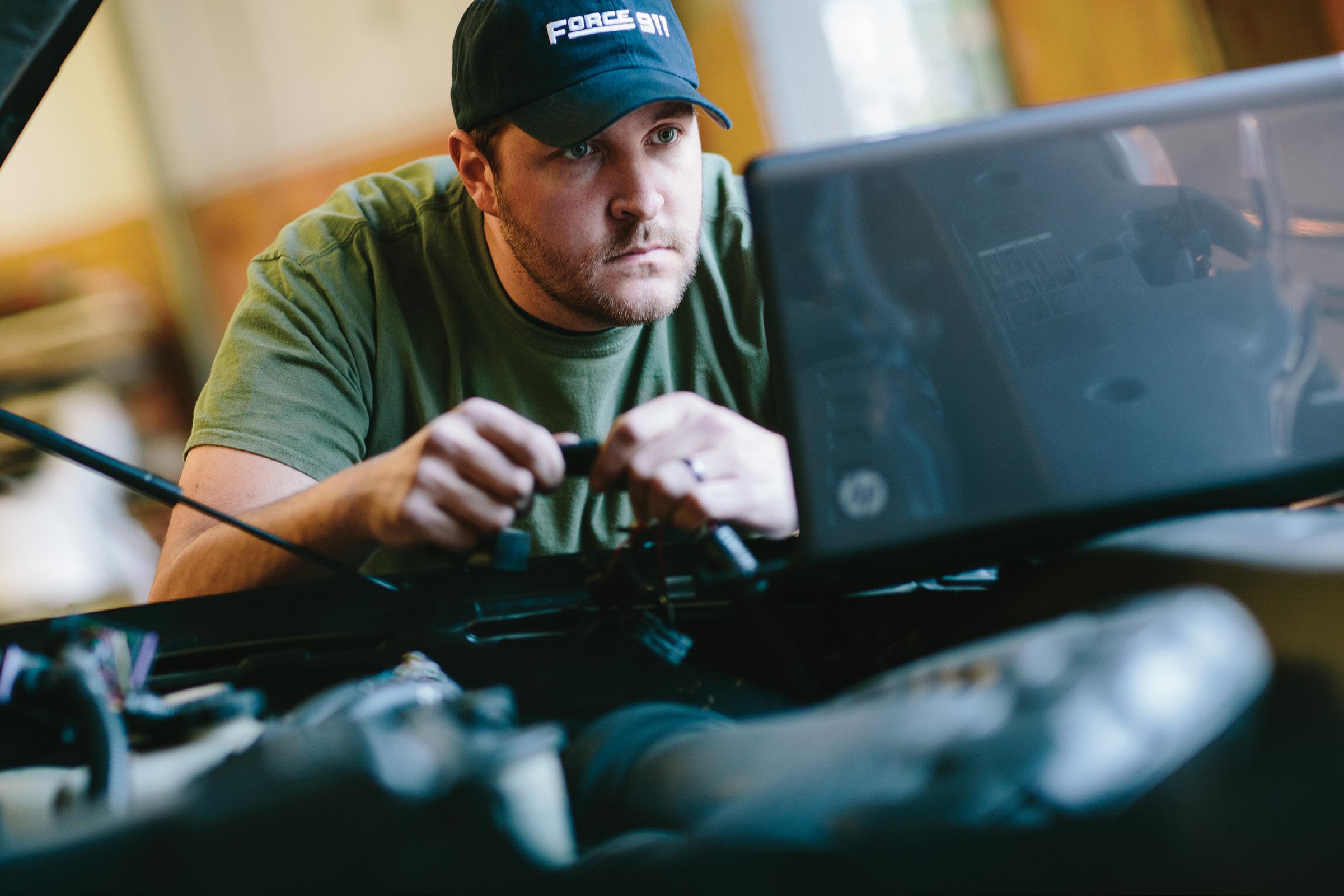

Energy Transfer provides complete Marketing, Supply, Logistics and Risk Management solutions to propane and NGL marketers across the Midwest. Our team of experienced NGL professionals — with a proven track record — offers you greater assurance of propane supply and complete risk management services that increase your profitability.
When you partner with Energy Transfer, we’ll help you develop a comprehensive supply plan that is tailored to your business needs. Call
Amanda Hartman
C: 913-602-4223
Amanda.Hartman@energytransfer.com
Carter House
C: 816-289-4470
Carter.House@energytransfer.com
Jeff Nelson
C: 913-484-2141
Jeff.Nelson@energytransfer.com
Brock Hewitt
C: 913-232-6507
Brock.Hewitt@energytransfer.com
A STEP TOWARD FLEET SUCCESS: PROPANE VEHICLE TECHNICIAN TRAINING
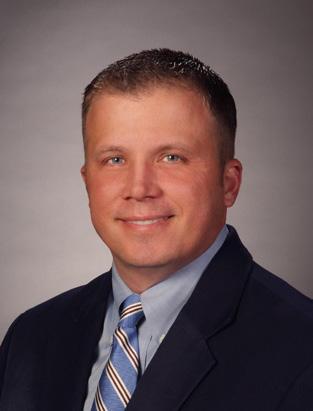
BY TODD MOUW ROUSH CLEANTECH
Many businesses — from food delivery and transit agencies to postal service contractors and school districts — are transitioning their fleets to propane autogas due to the dramatic economic and environmental benefits that the fuel offers. But a pervasive challenge exists: limited technician availability. Despite propane technicians reporting a more enjoyable, clean, safe and efficient work environment, there is still a gap in all technician availability.
“I’ve worked in transportation maintenance for more than 20 years — diesel, gasoline, propane autogas and compressed natural gas — you name it. Propane autogas vehicles have been the simplest and most cost-effective to work on, especially when compared with diesel. The best thing about propane autogas is that it doesn’t require any additional parts or maintenance to meet emission standards,” said Bruce Thomas, propane technician from Colorado
This is where OEMs and propane system manufacturers can take a larger role. For instance, ROUSH CleanTech, which develops propane autogas technology, works with its customers to close
that gap to help ease the adoption of propane vehicles nationwide. The company provides multiple training options for customers and service center partners to increase adoption rates and help their propane fleets run smoothly.
To equip technicians, the company meets interested organizations wherever they’re at — onsite at their location, at ROUSH CleanTech’s headquarters in Michigan or online. This training teaches each technician how to service a propane vehicle, including what they need to know about propane properties and safety, fuel system components, system diagnostics, and tips and tricks.
“ROUSH CleanTech provided our company mechanics with training at no cost and continues to support all our locations on additional training needs,” said Eric McCann, senior technical fleet manager for Bimbo Bakeries USA. “In cases where handson training was a better fit for us, they were quick to support with field technicians who work on these trucks daily. The training program with ROUSH CleanTech has been a big success within our team.”
Becoming a propane technician is simple and affordable, and will keep technicians who currently work on diesel and gasoline vehicles relevant in today’s rapidly changing automotive industry.
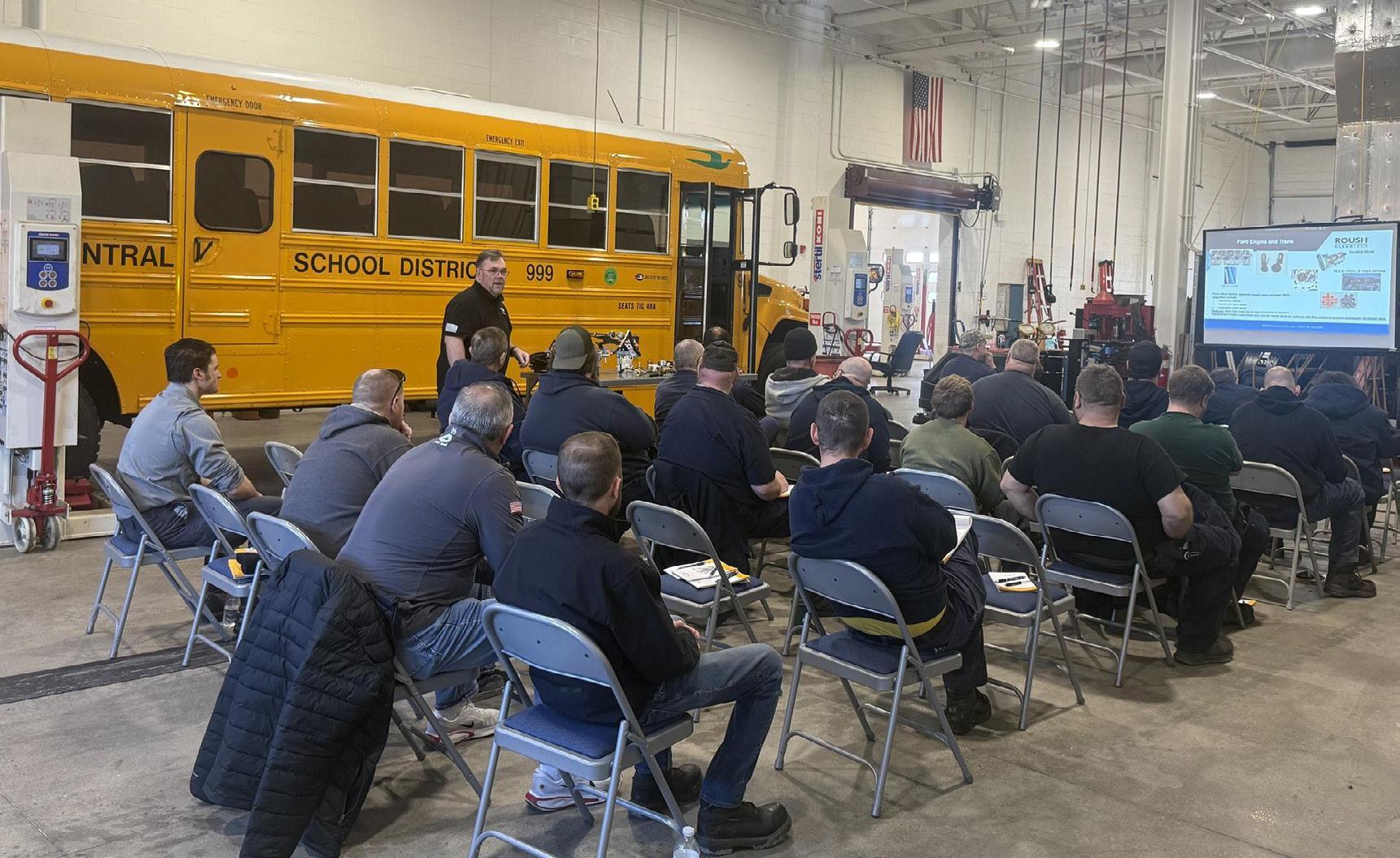
OEMs and propane system manufacturers can show their commitment to safety, quality and education by working closely with fleets to provide training to their technicians. Learn more about propane vehicle training and customer support here. And, to host a regional technician training in your area, please reach out.
TODD MOUW IS EXECUTIVE VICE PRESIDENT OF ROUSH CLEANTECH, AN INDUSTRY LEADER OF ADVANCED CLEAN VEHICLE TECHNOLOGY. MOUW HAS MORE THAN TWO DECADES OF EXPERIENCE IN THE AUTOMOTIVE AND HIGH-TECH INDUSTRIES. AS FORMER PRESIDENT OF THE NTEA GREEN TRUCK ASSOCIATION, MOUW HELPED SET STANDARDS IN THE GREEN TRUCKING INDUSTRY. TO LEARN MORE, VISIT ROUSHCLEANTECH.COM.

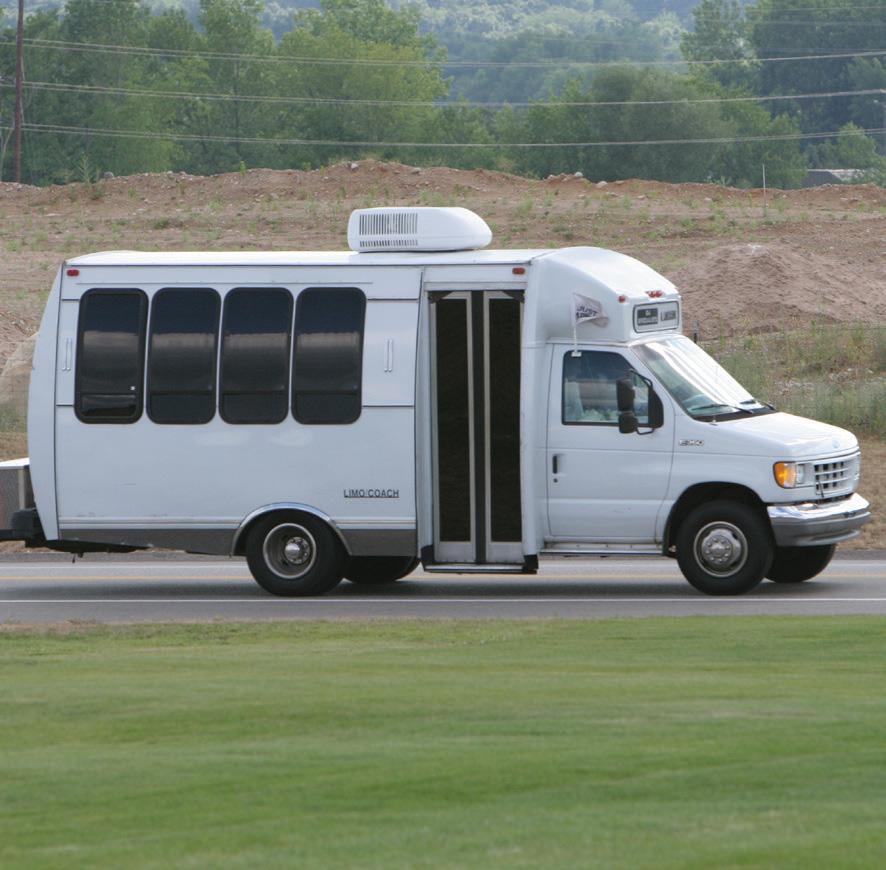








Getting Under 21 HAZMAT Drivers Insured and on the Road
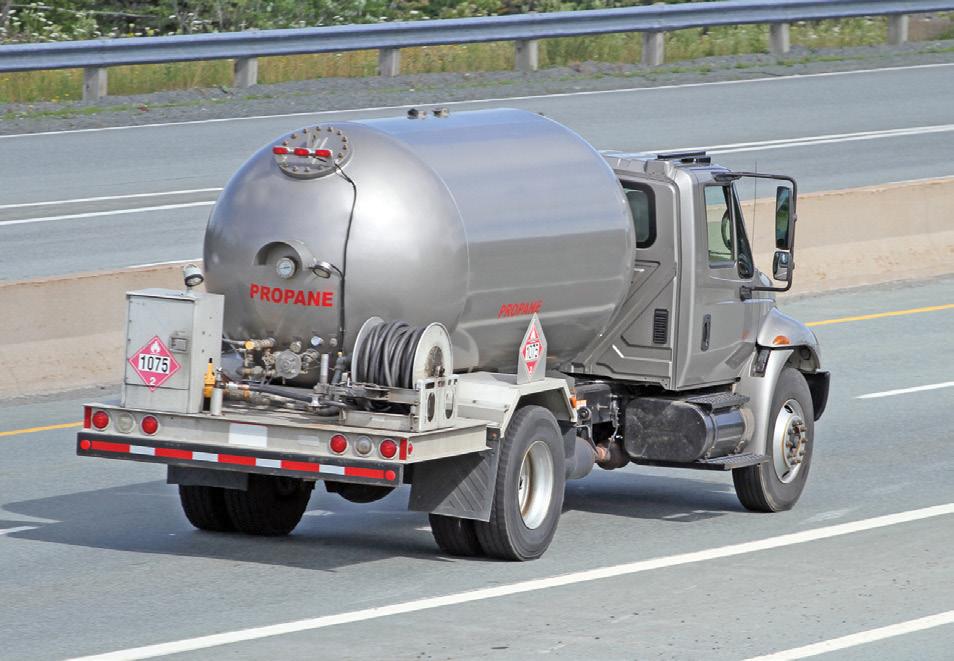
The National Propane Gas Association (NGPA) supports state and regional propane gas associations in their efforts to lower the age for CDL HAZMAT drivers from 21 to 18 years for intrastate commerce. In practice, how does that work for companies?
Hiring Process:
• Communicate with your insurance underwriter including their loss control team, define your hiring goals, and seek their support.
• Ensure your company and all employees have up-to-date and clean driving records.
• Select reliable drivers. Candidates should have at least 2-3 years of driving experience, a clean driving record, and undergo drug testing and background checks.
• Use a 90-day probationary period, monitor driver-trainees as they assist techs/drivers and use the time to determine if the potential driver is a good fit for your company.
After the Probationary Period:
• Meet the Entry Level Driver Training (ELDT) requirements, classroom and behind the wheel portions, using accredited training such as NPGA’s ACE Driver Training
• Set a minimum number of passenger seat observations hours in coordination your insurance agent. A good starting point may be 30-50 hours.
• Test with the state, after the driver-trainee has completed the ELDT program to obtain their CDL.
• Complete the ACE HAZMAT Endorsement ELDT program.
• Seek insurance review & approval of the trainee driving record and performance. The insurance underwriter will determine if the trainee can now be cleared and insured to drive a placarded truck, with the senior driver (driving coach) in the passenger seat for approximately 4-6 weeks.
• Provide easier routes initially for the new driver to get acclimated to handling deliveries alone.
• Establish yearly check-ins between your company and insurance agent.
Final note: If the insurance underwriter is hesitant, offer to allocate one specific vehicle that the under 21 driver may be allowed to operate. Employ a “one-strike, you’re out” provision for the driver until another probationary period is set and completed. Depending upon the underwriter, this may incur an additional charge for that vehicle.
The NPGA ACE Entry Level Driver Training program has been an essential tool in helping us safely bring under-21 HAZMAT drivers into the propane industry for our small family-owned business. Collaboration with our insurance underwriter further ensures all risk standards and their hesitations are met. This program has helped us meet workforce needs while upholding the highest safety and industry standards.
— Doug Plissey, President, JaySan Gas Service Inc.
THE ROLE OF SAFETY IN CUSTOMER SERVICE
Ensuring consumer safety is at the core of every propane professional’s responsibility. Whether in customer service, delivery, or technical support, every employee should be well-versed in propane safety protocols and prepared to educate customers on safe practices.
Great customer service includes instilling confidence in consumers by helping them understand how to use propane safely. Employees should be prepared to deliver clear and consistent safety messaging, such as:
• Recognizing propane’s distinct odor through a sniff test.
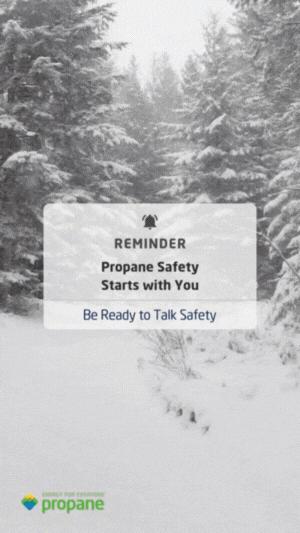
• Knowing how to shut off propane supply in case of a leak.
• Understanding what steps to take if they suspect a gas leak.
Equipping staff with this knowledge ensures that safety conversations become a natural part of customer interactions.
TRAINING AND RESOURCES FOR EMPLOYEES
The Propane Education & Research Council’s Learning Center offers robust training resources, from general customer service
Equipping staff with this knowledge ensures that safety conversations become a natural part of customer interactions.
guidance to specialized instruction for employees responding to safety-related calls. Training also emphasizes best practices for introducing new customers to their propane systems.
TOOLS TO SUPPORT CONSUMER EDUCATION
Propane.com provides a wide range of consumer-facing materials designed for easy distribution. Recently updated print and digital resources include videos, guides, and downloadable materials covering critical topics.
A SHARED RESPONSIBILITY
Safety in the propane industry is a collective responsibility. By actively communicating safety messaging with employees, coworkers, customers, and the broader public, propane professionals strengthen both consumer confidence and community well-being.





















Keeping Your Customers Safe



Ensuring your customers’ safety is your responsibility. Talk with both your new and existing customers often about the proper handling and maintenance of propane systems to prevent potential accidents, protecting property and lives.






CONSUMER SAFETY MATERIALS ON PROPANE.COM
Use these videos from PERC to regularly share propane safety messaging with your customers.
KEYPOINTS FROM PUCO HAZARDOUS MATERIAL SAFETY INVESTIGATOR
At the OPGA Summer Conference last month, PUCO Hazardous Material Safety Investigator Scott Kiser spoke about a number of safety and inspection related items. There were several questions from the members of the audience. The OPGA wanted to highlight a few key points for those that were in attendance and for those members that were unable to attend.
QUESTION 1
One of the questions was the issue regarding shipping paper retention. The key is “a record of shipment” and with a laminated card. A standard metered ticket will not suffice. PHMSA provides an interpretation that not only does a driver need to keep a record that shows shipping name, ID number, quantity, and date, but it also must be consistent with your primary shipping paper. For example, if your primary laminated card says, “Propane or




Liquefied Petroleum Gas”, the record must also match that. See related article below for more information.
QUESTION 2
This question was regarding the size of the remote shutoff markings. Listed below is the section that addresses that. 172.328
(b) Required markings: Gases. Except for certain nurse tanks which must be marked as specified in §173.315(m) of this subchapter, each cargo tank transporting a Class 2 material subject to this subchapter must be marked, in lettering no less than 50 mm (2.0 inches), on each side and each end with—
(1) The proper shipping name specified for the gas in the § 172.101 table; or
(2) An appropriate common name for the material (e.g., “Refrigerant Gas”).
(c) QT/NQT markings. Each MC 330 and MC 331 cargo tank must be marked near the specification plate, in letters no less than 50 mm (2.0 inches) in height, with— (1) “QT”, if the cargo tank is constructed of quenched and tempered steel; or
(2) “NQT”, if the cargo tank is constructed of other than quenched and tempered steel.
(d) After October 3, 2005, each on-vehicle manually-activated remote shutoff device for closure of the internal self-closing stop valve must be identified by marking “Emergency Shutoff” in letters at least 0.75 inches in height, in a color that contrasts with its background, and located in an area immediately adjacent to the means of closure.
QUESTION 3
This question asked about markings on the front of the bumper. The regulation specifies QT and NQT being close to the Spec plate but that is it. There is an interpretation that allows placard, ID number and PSN to be on the front bumper or on the front of the tank. As the bobtail is considered one unit, the front bumper shall suffice.
MORE ON SHIPPING PAPERS
As noted above and below, shipping papers are needed for each and every delivery ticket where you delivery to the end user (propane customer).
(f) Retention of shipping papers. Each person receiving a shipping paper required by this section must retain a copy or an electronic image thereof, that is accessible at or through its principal place of business and must make the shipping paper available, upon request, to an authorized official of a Federal, State, or local government agency at reasonable times and locations. For a hazardous waste, the shipping paper copy must be retained for three years after the material is accepted by the initial carrier. For all other hazardous materials, the shipping paper copy must be retained for one year after the material is accepted by the carrier. Each shipping paper copy must include the date of acceptance by the carrier. A motor carrier (as defined in § 390.5 of subchapter B of chapter III of subtitle B) using a shipping paper without change for multiple shipments of one or more hazardous materials having the same shipping name and identification number may retain a single copy of the shipping paper, instead of a copy for each shipment made, if the carrier also retains a record of each shipment made that includes shipping name, identification number, quantity transported, and date of shipment.
Shipping papers must be retained for a minimum of three years following each delivery. This is a DOT regulation under 49 CFR 172.201.
Since most bobtails utilize a permanent shipping paper “Cab Card” for documenting the load, the marketer must either have a printed ticket showing the proper shipping information for each delivery or a route manifest showing the same, including the volume delivered. These can be inspected at anytime during transport and for the subsequent 3 years at the place of business. And, the delivery ticket must have the following information on it:
Propane, or Liquified Petroleum Gas, (make sure the name matches the one on side of truck and on your shipping paper). (See examples 1. 1 and 1.2) 1075
2.1 Flammable Gas Non-Corrosive
4”X4” SHIPPING LABELS
A question has come up regarding the use of a 4” x 4” shipping label instead of the 10” x 10” placards on ASME tanks being transported on the highway.
Though the 10” x 10” placard and the 4” x 4” 1075 all contain the same information, the miniature 1075 placard is not recognized by PUCO as a shipping label. The Flammable Gas label is legal and is recognized by PUCO.
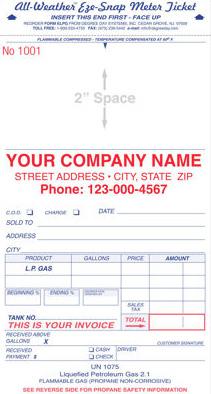
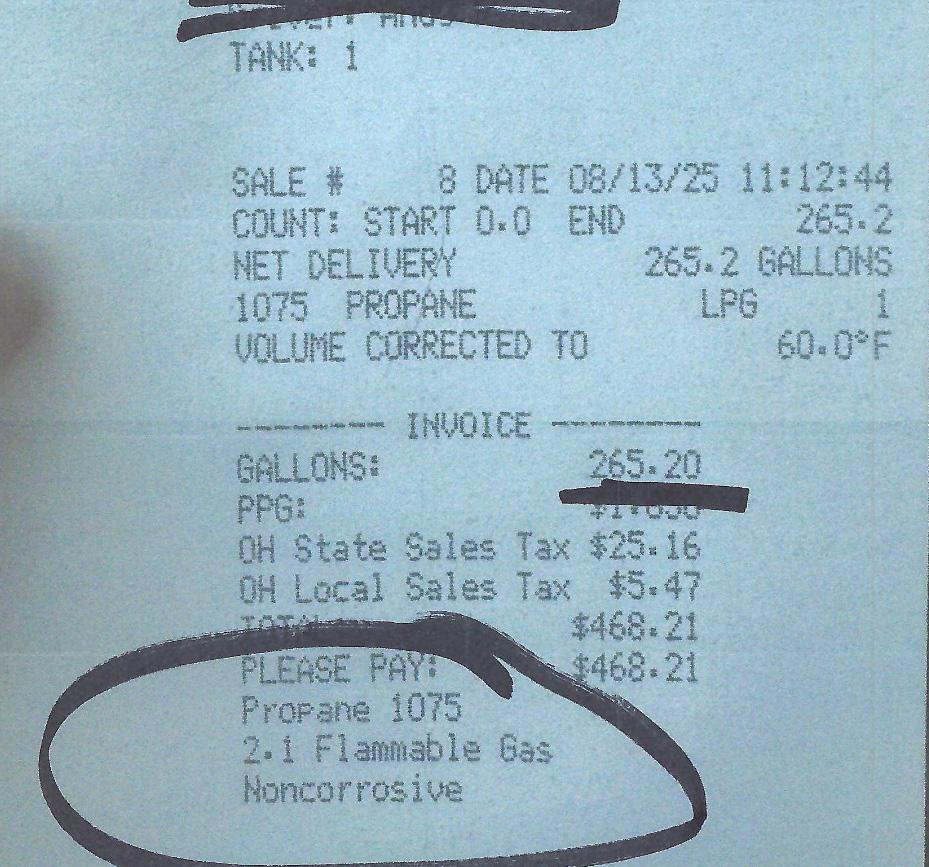
EXAMPLE 1.1
EXAMPLE 1.2
See example 1.3 for how the correct label should appear. JJ Keller has a decal to meet this standard. Click here to access it.
PROPANE TRUCKS PARKED ALONG THE ROAD
The OPGA received a question recently from a retailer wondering if bobtails and/or cylinder delivery trucks could be parked along the road.
First, NFPA 58 addresses roadside parking in rule 9.7. It essentially says that vehicles shall not be left unattended on any street, highway, avenue or alley, except in an emergency. Additionally, when it comes to cylinder delivery, that same rule section states that trucks need to be parked 50 feet from a building or residence.
The full answer can be found in CFR 49 code 397.7. Part (a) addresses parking and part (b) addresses what is allowed if the vehicle has broke down.
§ 397.7 Parking.
(a) A motor vehicle which contains Division 1.1, 1.2, or 1.3 materials must not be parked under any of the following circumstances—
(1) On or within 5 feet of the traveled portion of a public street or highway;
(2) On private property (including premises of fueling or eating facility) without the knowledge and consent of the person who is in charge of the property and who is aware of the nature of the hazardous materials the vehicle contains; or
(3) Within 300 feet of a bridge, tunnel, dwelling, or place where people work, congregate, or assemble, ex-
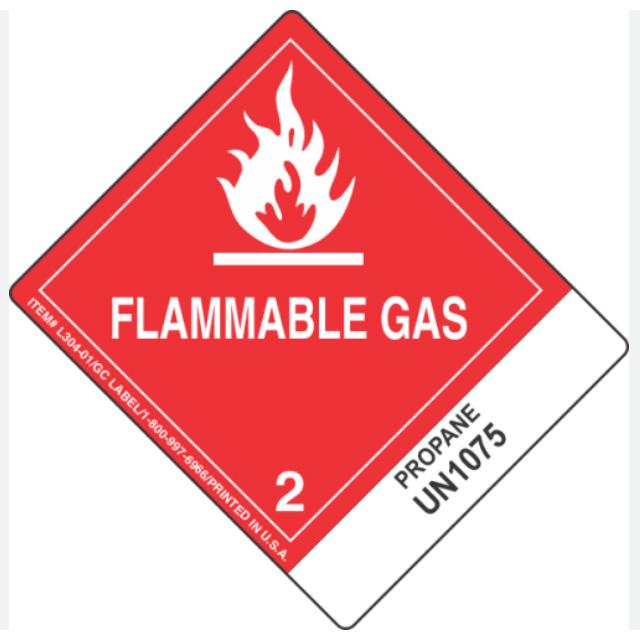
1.2
cept for brief periods when the necessities of operation require the vehicle to be parked and make it impracticable to park the vehicle in any other place.
(b) A motor vehicle which contains hazardous materials other than Division 1.1, 1.2, or 1.3 materials must not be parked on or within five feet of the traveled portion of public street or highway except for brief periods when the necessities of operation require the vehicle to be parked and make it impracticable to park the vehicle in any other place.

EXAMPLE
(NOT TO SCALE)
WITH AUTOGAS, TRANSIT AGENCIES SAVE WHERE IT COUNTS
As public entities, transit agencies have a big job: connect people, jobs and communities via safe modes of transportation. With finite, government-funded budgets, these organizations must be judicious in how they maximize fixed operational dollars while also doing mission-critical work. For over 15 years, we’ve seen a growing and important trend in the transit industry: adopting propane buses as a valuable way to save operational funds.
With the long game in mind, many transit agencies make upfront investments using capital funds to purchase low-cost, low-emission propane vehicles and install flexible infrastructure. This ultimately allows them to save on fixed operating funds down the road. So, every dollar saved via propane autogas means they can continue to provide more services using their limited government funding.
Many people don’t know that paratransit is a specialized form of public transportation. It’s designed to serve individuals who are unable to use traditional fixed-route systems due to disabilities or mobility limitations. Unlike standard public transportation methods that operate on fixed schedules and routes, paratransit services are typically door-to-door, on-demand and flexible, offering personalized transportation within a defined service area. Propane buses continue to be a vital part of many transit agencies’ paratransit departments due their affordability, flexibility and reliability. We continue to advocate for common sense solutions and based on the above results, we are confident that propane fits the bill.
TODD MOUW IS EXECUTIVE VICE PRESIDENT OF ROUSH CLEANTECH, AN INDUSTRY LEADER OF ADVANCED CLEAN VEHICLE TECHNOLOGY. TO LEARN MORE, VISIT ROUSHCLEANTECH.COM.
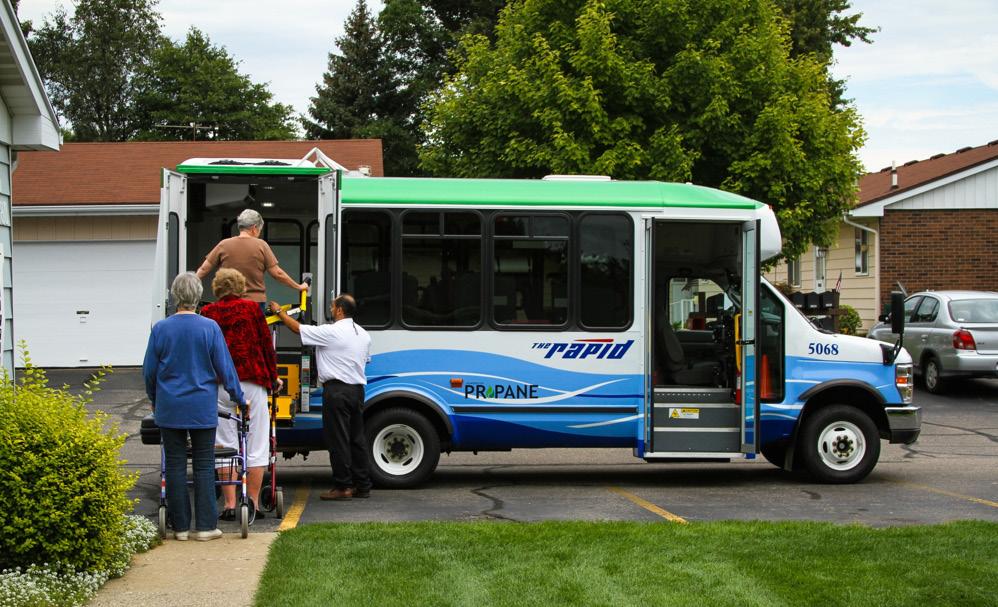
SAFETY TIPS FOR YOUR EMPLOYEES
TO UNLOAD A BOBTAIL USING A BOBTAIL PUMP
Position the bobtail for the unloading process; Connect the hoses and check for leaks; Start the transfer; End the transfer;
Complete the process by closing all liquid and vapor valves on the bulkhead and the cargo tank. Bleed down and disconnect the liquid hose carefully.
More Than Propane — A Commitment to Community.
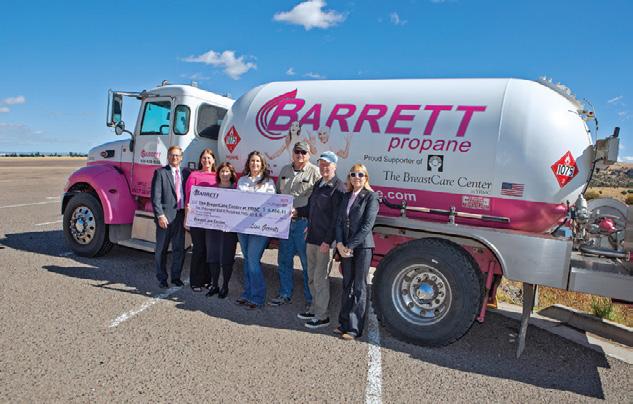




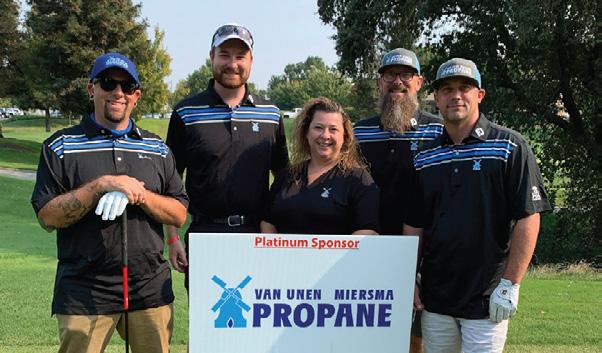
If it’s time to consider your next chapter, when you choose EDP, rest assured we’ll not only take excellent care of your employees and customers, we’ll also continue to support your local community. We recognize and value your involvement in your local community’s initiatives.

Want to know more? Contact David Stroupe, 312.254.5954 or dstroupe@edplp.net for a confidential conversation. Dave will work with you to achieve a positive outcome in transitioning your business.
INCOMPLETE COMBUSTION CAN BE DANGEROUS
The efficient combustion of propane requires a ratio of 1 part propane to 24 parts air. If this ratio is off or equipment is not working properly, propane may not combust completely. Incomplete combustion can be dangerous. It is your job to understand how to detect incomplete combustion and respond swiftly.
ALWAYS FOLLOW THESE PRECAUTIONS WHEN A PROPANE ODOR IS PRESENT
The odor of propane suggests its presence, but cannot signify its concentration. Since you have no way of knowing the potential risk, always follow these precautions: Treat all leak reports as propane gas until proven otherwise; Keep the area clear of open flames and electric sparks; Do not turn on electrical switches, cell phones, or flashlights in the area.
PROPANE ODOR
As a clean energy source, propane is naturally odorless. Thus, to ensure safety in handling propane, a commercial odorant is added. This odorant (most often, ethyl mercaptan) enables easy detection of any leaks or potential hazards that may be caused by them. Per NFPA 58, the presence of the odorant shall be verified by sniff-testing or other means and the results documented prior to final delivery to the end-use customer.
EACH TIP HAS EXPANDED INFORMATION ON THE SAFETY TIP OF THE WEEK PAGE, HERE
In Ohio, the BrightStar team supports GiGi’s Playhouse through their custom bobtail.
In Pennsylvania, the Liberty Propane team collects toys for Toys for Tots.
In California, Van Unen Miersma helps sponsor local charity golf outings.
In Pennsylvania, WOC Energy supports local school sports and cheerleaders.
In Arizona, Barrett Propane’s pink bobtail raises funds for Breast Cancer research.
In California, Sierra Propane participates in Fresno’s Veteran’s Day Parade.
DUTY TO WARN REBATE
$750 PER PLANT
VIEW APPLICATION

OPERC offers a reimbursement to any Ohio propane retailers that purchases Duty to Warn materials from PERC and provides them to their customers as an education and awareness tool. Participants should purchase the Duty to Warn materials they need, have them shipped to their plants, and submit a receipt or proof of purchase to the OPGA. OPGA will then reimburse $750 per plant (up to $1500 total) to the retailer.
OPGA 2025 SCHOLARSHIP WINNERS

Allison is pursuing elemen tary education and worship at the Mid-America Christian University. TJ Propane was her sponsor and connection

CAILEIGH WIERZBA
Caileigh is pursuing nursing at the University of Cincinnati. OE Meyer was her sponsor and connection to the OPGA.










POST YOUR PROPANE JOBS, SCAN QR CODE
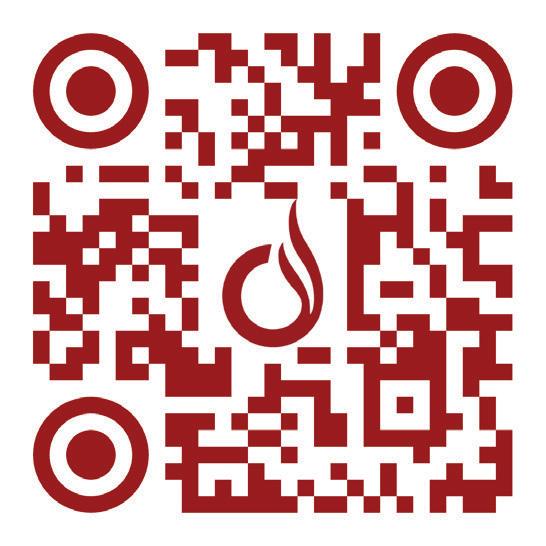
COMPLACENCY AND THE WORKPLACE
In today’s fast-paced work environment, many employees find themselves settling into routines that can often lead to complacency. Complacency can be defined as, doing the same task for so long without incident that you assume nothing will ever happen. While familiarity with tasks can create a sense of comfort, it can also pose significant risks, especially concerning workplace safety. It’s crucial to understand how complacency can lead to accidents and what can be done to mitigate these risks. Complacency can affect anyone at any age, regardless of their experience, so it is important to train all employees on how to spot complacency among themselves and other employees.
Let’s take an example of a person who performs a daily safety inspection before production starts. The purpose of the inspection is to identify any potential safety hazards. This daily routine occurs for months even years without incident. But, because “an incident has never occurred”, the employee decides to skip an inspection one day and no injuries resulted. So, the employee skips another one, then another, and soon inspections are rarely being conducted. Until something happens. Skipping important safety steps due to complacency could result in serious injury to the employee or fellow workers.
Usually, the best person to spot complacency is the employee themselves, but complacency can mean they don’t see the dangers right in front of them. To overcome this, teach employees to spot signs of complacency in their co-workers first. The more they learn how to recognize these signs in others, the easier it will be to recognize it in themselves. Keep an eye out for the following situations that may indicate complacency is setting in:
• Dissatisfaction with work and/or lack of motivation
• Taking short cuts in work processes, safety procedures or inspections
• Increased frequency of near-misses or incidents
• Changes in attitude
• Noticeable increase or decrease in communication
• Tardiness for meetings or shifts
• Increased employee engagement is a great way to help workers get out of the rut of complacency. Actions workers can take include:
• Consciously focusing on the task at hand.
• Identifying distractions when they come up and dismissing them.
• When conducting repetitive tasks, be on the lookout for procedural improvements that can help break up the monotony.
• Understanding the greater purpose of their job, such as the finished product or report, and interacting with team members regularly.
Identifying and addressing complacency is a team effort. Not only is it key for employees, but the employer can assist by implementing best practices such as:
• Share the Mission — Remind employees of the company’s purpose and goals so they maintain a connection to the larger missions and emphasize that their behaviors have an impact.
• Minimize Routines — Since repetition is related to complacency, consider job rotation or change up some of the work tasks to add variety to an employee’s job. Providing differing work tasks can help maintain focus and keep employees from falling into “cruise control” mode.
• Encourage observation of others — Have employees briefly stop work and observe the actions of others as they work. Observing others raises one’s own awareness, as well as the awareness of their co-workers.
• Correct poor performance — Mentoring programs and coaching can help employees identify and correct poor work practices and potential problems before an injury occurs.
• Conduct safety discussions and tool box talks — Make safety talks part of a daily routine and get employees involved and engaged with team members.
• Share Knowledge — Have employees identify and share the steps they perform to complete a job. Having another set of eyes or someone else’s ideas may help improve the process.
Complacency can be a dangerous thing, and everyone is susceptible. It can lead to underperformance, low job satisfaction, workplace accidents and low morale. But with a team effort and employee engagement, complacency doesn’t have to run the workplace.
IF YOU WOULD LIKE TO KNOW MORE ABOUT SEDGWICK’S SAFETY SERVICES OR WOULD LIKE TO SCHEDULE A CONFIDENTIAL CONSULTATION, PLEASE CONTACT ANDY SAWAN AT ANDREW.SAWAN@SEDGWICK.COM OR 330.819.4728.
Member benefit workers’ compensation
The Ohio Propane Gas Association endorses Sedgwick because they help employers maximize their premium savings. Sedgwick analyzes each employer’s unique claim and premium history to find the highest level of savings in all available workers’ compensation programs.
Why Sedgwick
Partner in controlling costs
Sedgwick saves employers millions of dollars each year, becoming a lasting partner and providing a comprehensive cost management approach.
They are committed to understanding our members’ challenges and to delivering claims excellence and providing quality, sound decision making and consistency.
Sedgwick helps employers determine the best rating or discount program available, whether it’s group rating, retrospective rating, or any other BWC program available, helping you identify, evaluate and reduce your business risks to achieve premium discounts and refunds.
Ensure that your organization is maximizing savings, meeting eligibility requirements and enrollment deadlines by contacting Sedgwick today.
Lower rates
Understanding your experience modifier (EM) is key in reducing your workers’ compensation costs and measuring how your loss prevention and cost control practices stack up against the state average, as well as others in the industry.
Our clients average an experience modifier of .66 percent (34% below base) as opposed to the industry average of 11% below base. This 23 percent difference has a direct impact on your premium.
Member programs
Group rating and group retrospective rating
Sedgwick clients annually save $160 million in workers’ compensation premium paid with the two highest performing savings options - Group Rating and Group Retrospective Rating.
• Group Rating - over $4 billion in savings over the past ten years
• Group Retrospective Rating - over $1 billion has been earned by participants since implementation in 2009
Start saving now
We annually SAVE our clients $160 MILLION in workers’ compensation PREMIUM PAID
To see how much your company can save by partnering with Sedgwick, simply complete the Temporary Authorization to Review Information (AC-3) form on the reverse side of this document and return to Sedgwick in your preferred method:
• Email: email completed form to ohio.group@sedgwick.com
• Fax: 866.567.9380
• Mail: address listed on AC-3 form
• Online: complete and submit your AC-3 form at: www.sedgwick.com/ac3/opga
To learn more about Sedgwick’s program, contact Julia Bowling.
P. 513.218.4062 E. julia.bowling@sedgwick.com
Just before the July 4th holiday, Congress passed a domestic policy bill that extended the 2017 tax cuts that were set to expire this year while making some of the 2017 rules permanent. The bill also created several new tax laws for individuals while addressing other tax issues for businesses.
KEY TAX CHANGES IN DOMESTIC POLICY BILL
Some of the changes will start this year, while others will kick in in 2026. Like previous tax laws, some of the new rules are scheduled to expire, while others are permanent.
Just before the July 4th holiday, Congress passed a domestic policy bill that extended the 2017 tax cuts that were set to expire this year while making some of the 2017 rules permanent. The bill also created several new tax laws for individuals while addressing other tax issues for businesses.

Some of the changes will start this year, while others will kick in in 2026. Like previous tax laws, some of the new rules are scheduled to expire, while others are permanent. Here’s a quick summary of five individual tax law changes that are expected to impact most tax filers in 2025.
Here’s a quick summary of five individual tax law changes that are expected to impact most tax filers in 2025.






2025-27 OPGA BOARD OF DIRECTORS
OFFICERS
President | Stephanie Davis, DHT Logistics
Vice President | Joe Henry, Ray Energy
Treasurer | Mike Walters, Superior Energy Systems
Secretary | Mike Sharkey, The Energy Cooperative
Past President | Josh Greene, Arrick’s Propane
DIRECTORS
Northeast Director | Ken Epling, Grammer Logistics
Northwest Director | Gary Veith, Schilling Propane
Southern Director | Bill Barger, Central Ohio Farmer’s Co-op
NPGA State Director | Frank Edwards, Coles Energy, Inc.
AT-LARGE-DIRECTORS
Dale Aldrich, Bergquist, Inc.
John Hutchison, Prism Propane Services of Ohio
Tyler McCormick, Collett Propane
COMMITTEE CHAIRS
Autogas/New Technologies | Gary Bozigar, Bergquist, Inc.
Code & Safety | John Hutchison, Prism Propane
Convention | Diana Vick, Collett Propane, Inc.
Education | Mike Sharkey, The Energy Cooperative Government Affairs | Chris Buschur, McMahan’s Bottle Gas
Member Services | Mike McCoun, Bergquist, Inc.
Ohio PERC | Ralph Arrick, Arrick's Propane Ohio Propane PAC | Butch Carper, Rutland Bottle Gas Propane Awareness | Josh Greene, Arrick's Propane Scholarship | Kaley McCoy, Prism Propane
PERC Research | Brian Buschur, McMahan's Bottle Gas Transportation | Ken Epling, C Three Logistics
STAFF
Executive Director | Derek Dalling
Deputy Executive Director | Matt Solak Director of Events | Geri Root
Financial Director | Erin Dalling
Member Services Coordinator | Erin Theis
Creative & Communications Director | Melissa Travis
Communications & Admin Assistant | Brooklyn Heath
DISCLAIMER
The information contained herein is provided as a service by the Ohio Propane Gas Association (OPGA) for the purpose of education, communication, and information and OPGA accepts no liability relative to the contents or accuracy. Nothing in this publication is intended to be construed as legal advice. The user is strictly cautioned to seek legal assistance when attempting to determine any legal rights, responsibilities and procedures with respect to business affairs, or other legal aspects of operating a propane business. OPGA disclaims any and all liability for injury and/or other damages which result to a user from the material offered or discussed herein.
UPCOMING Events

